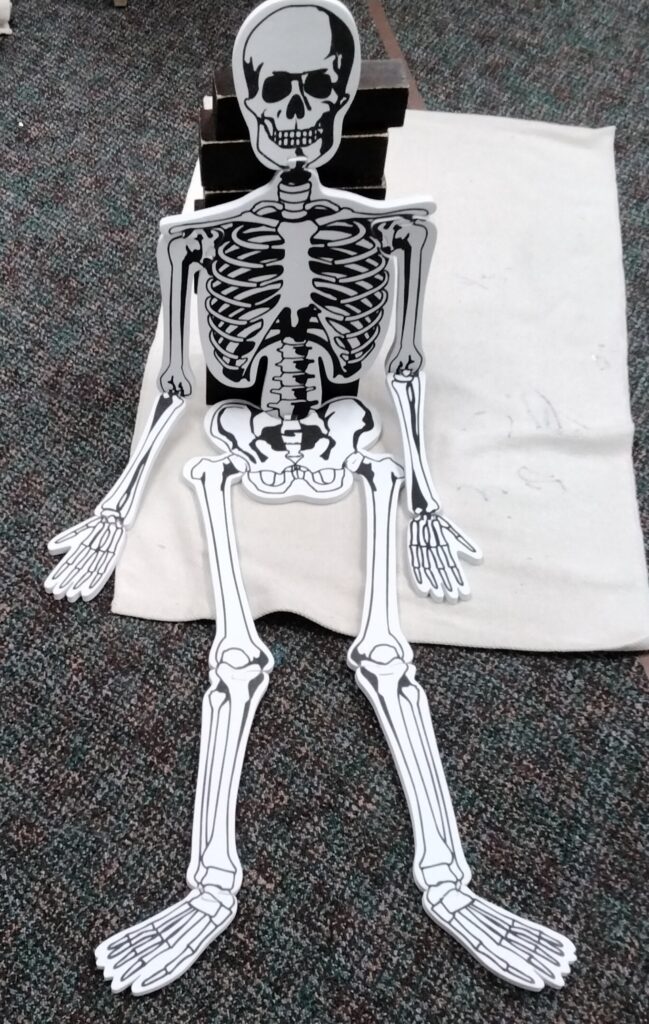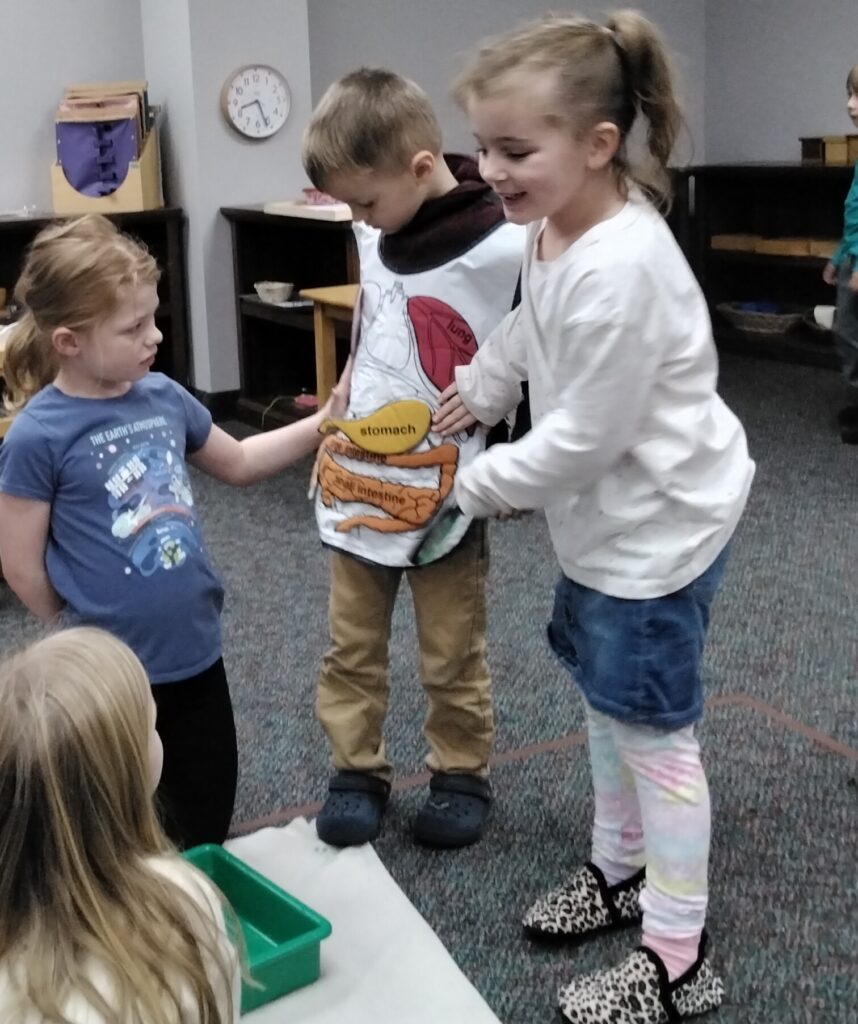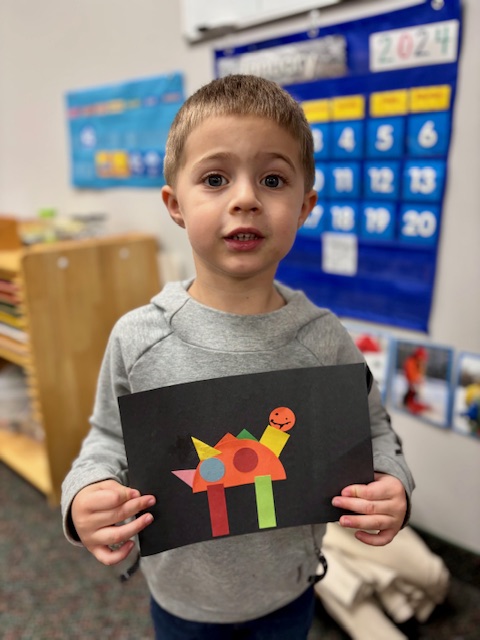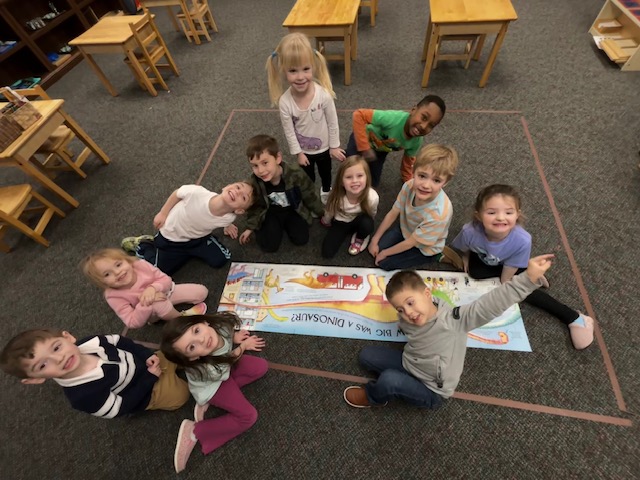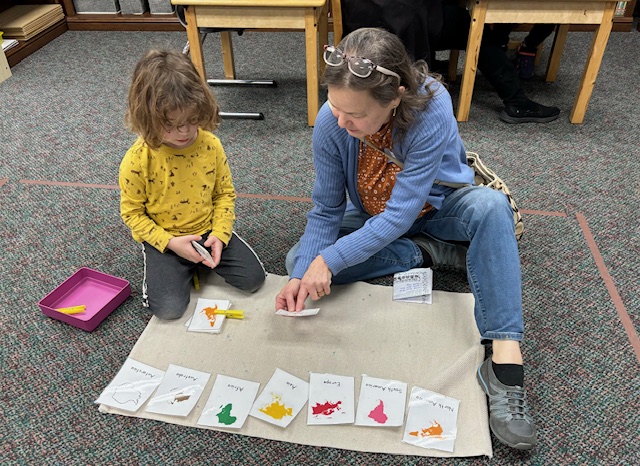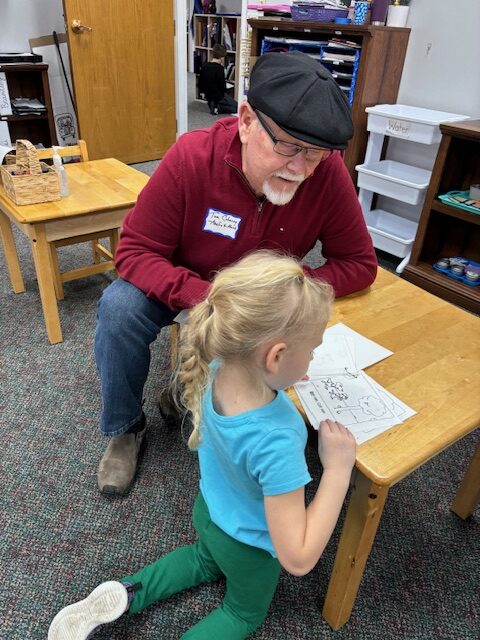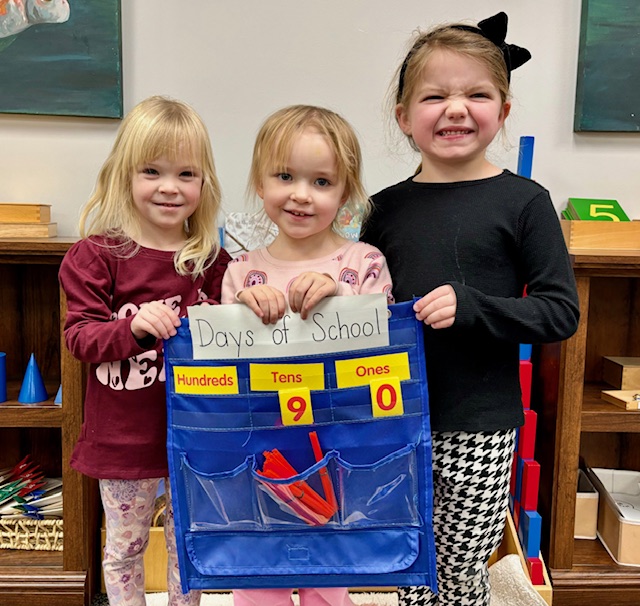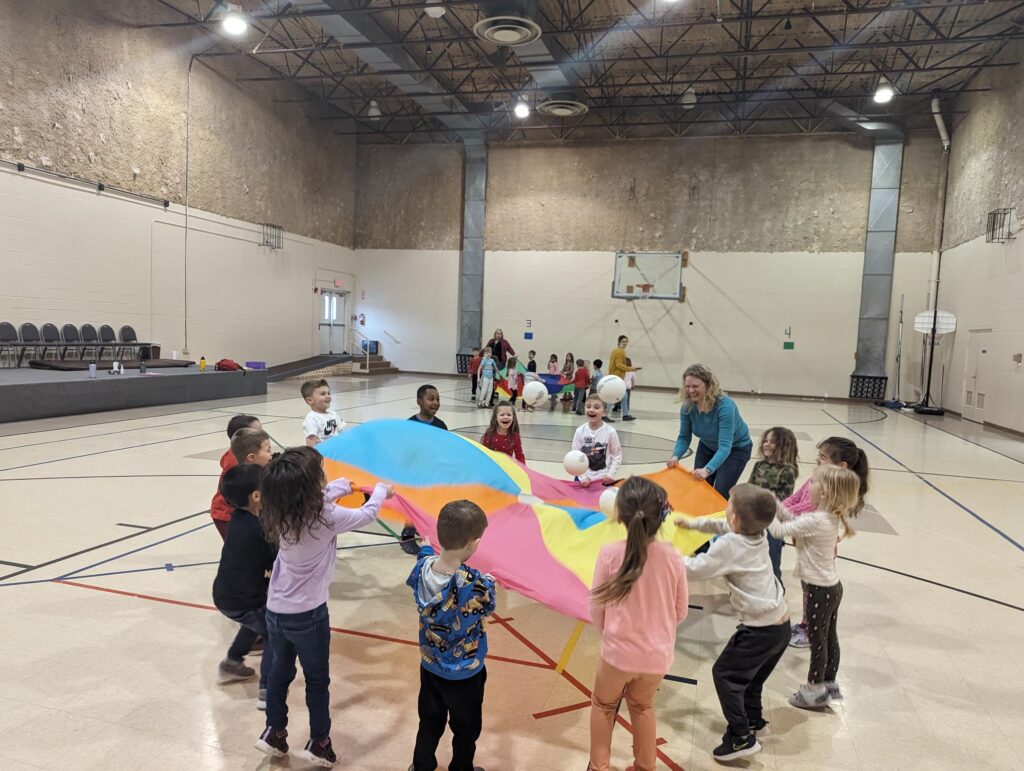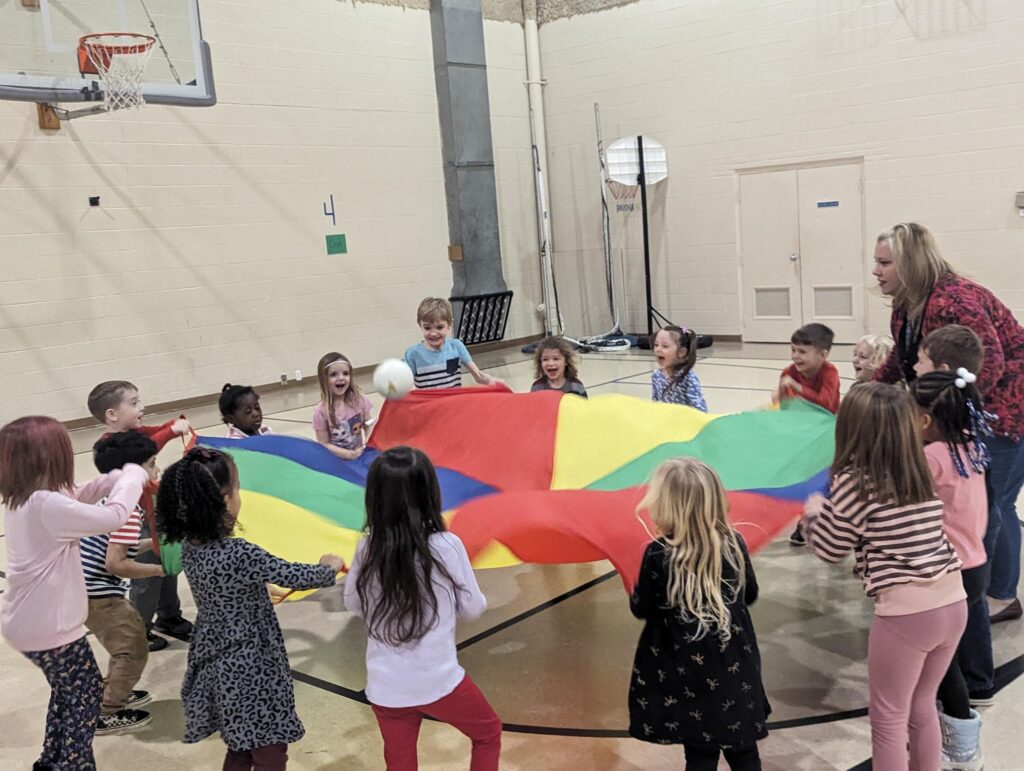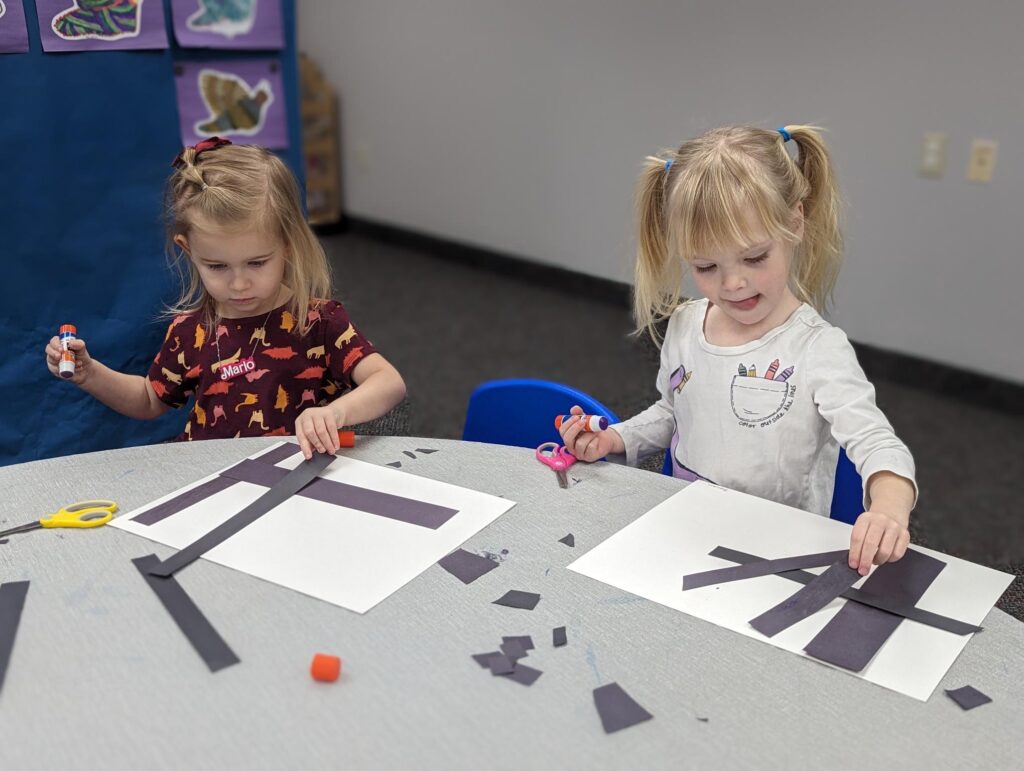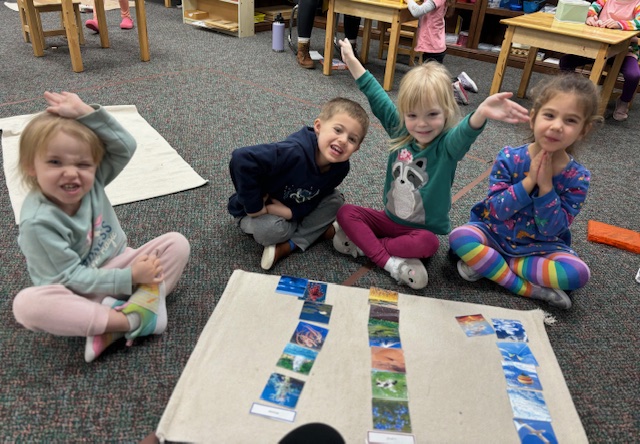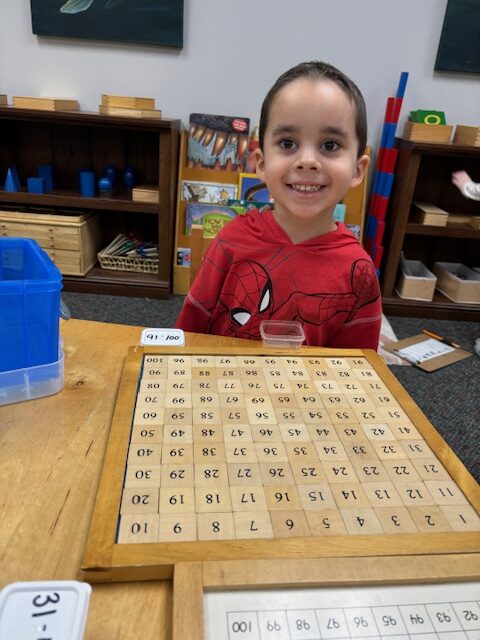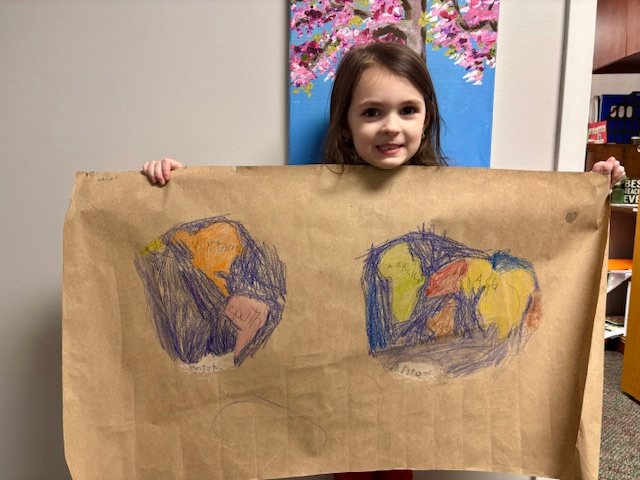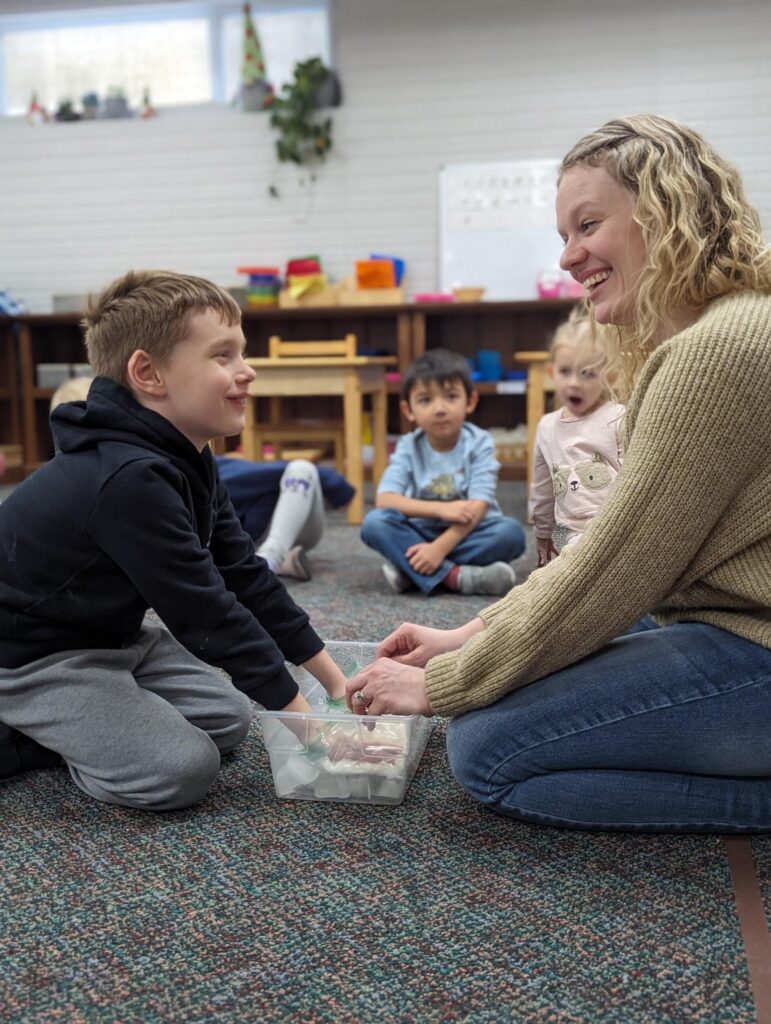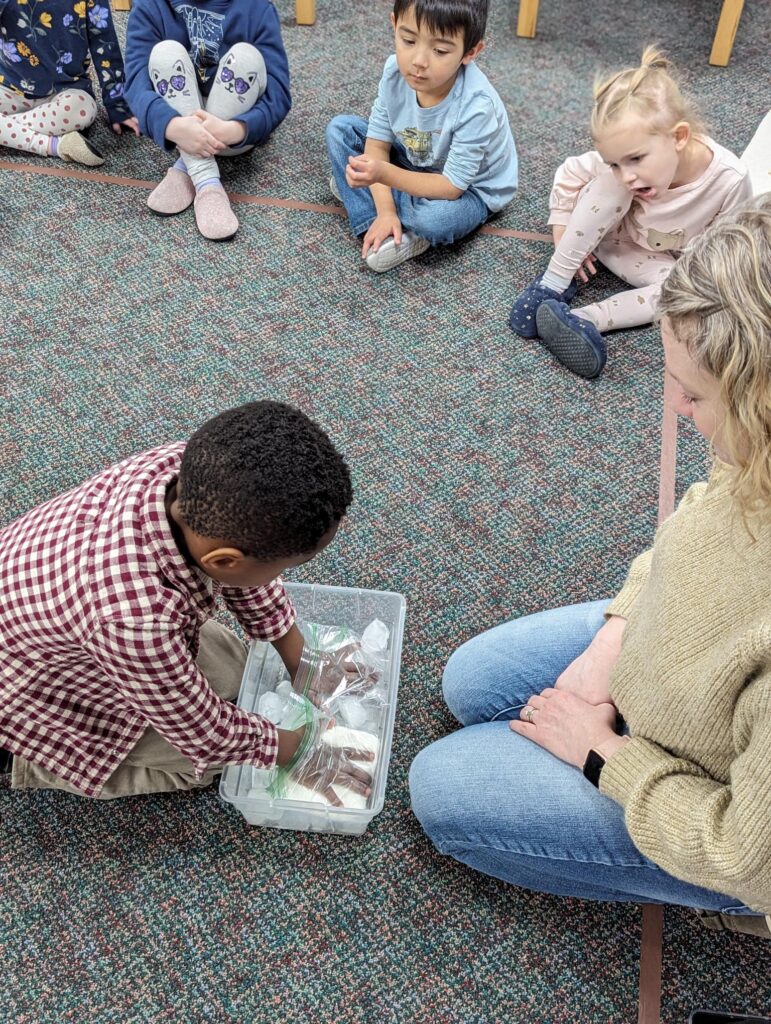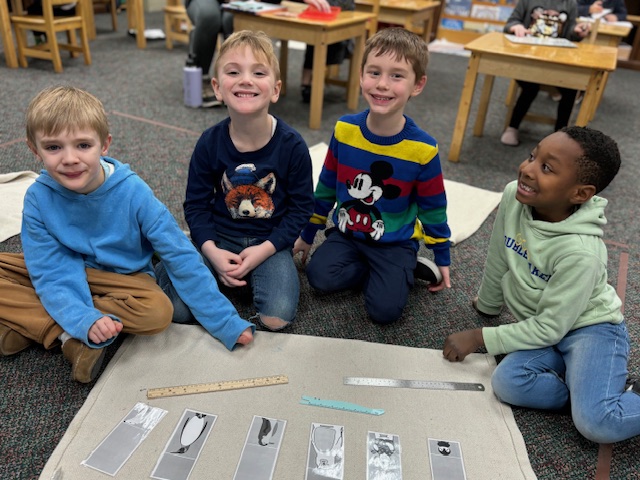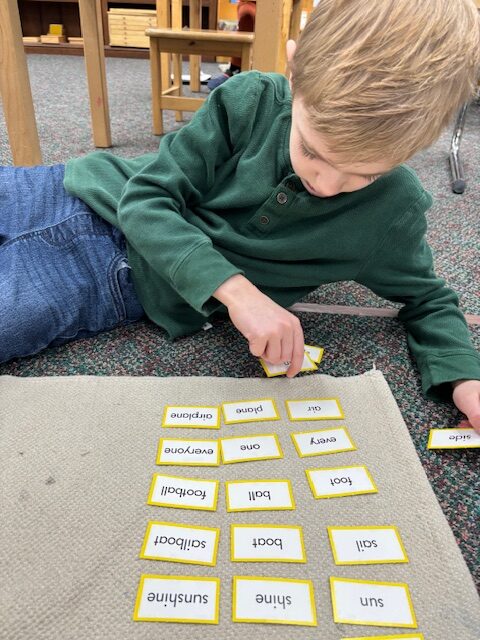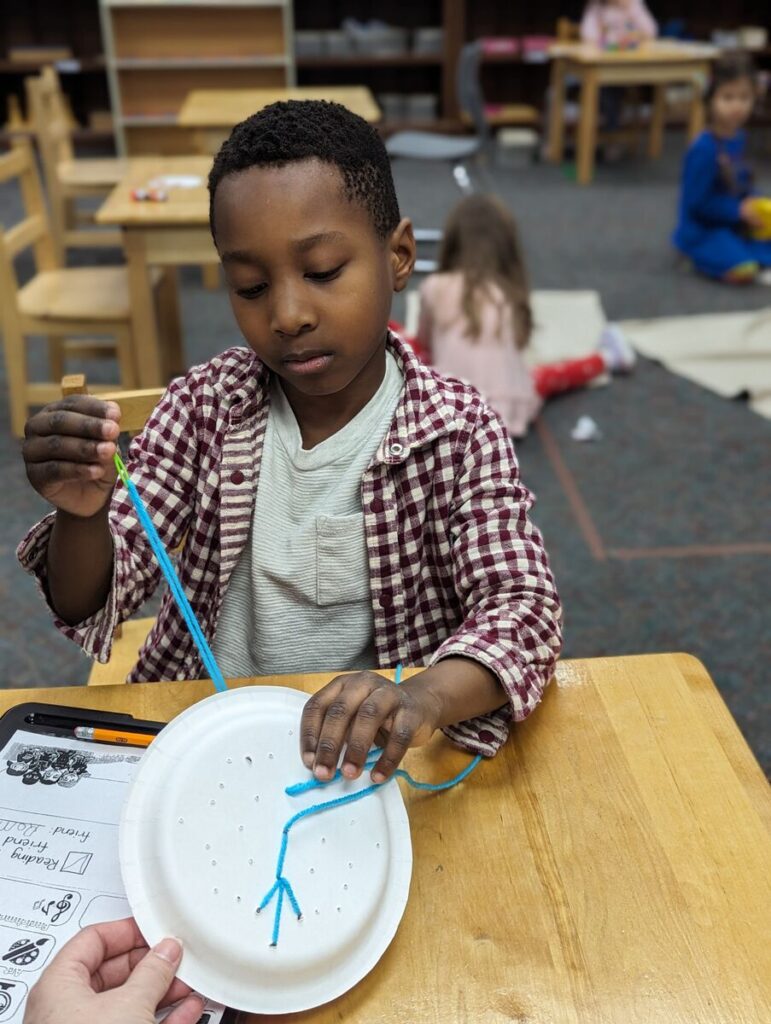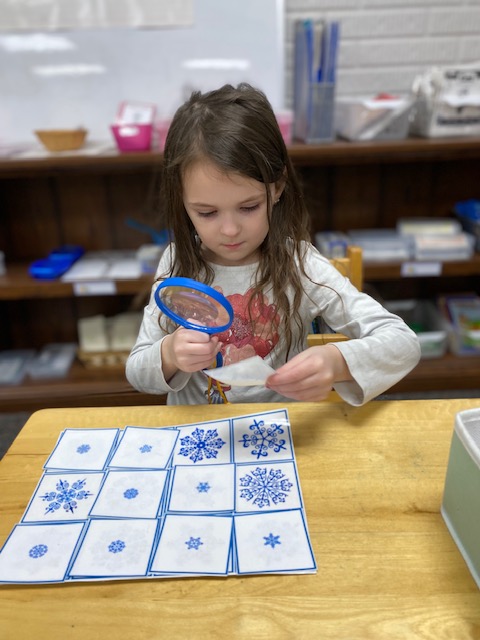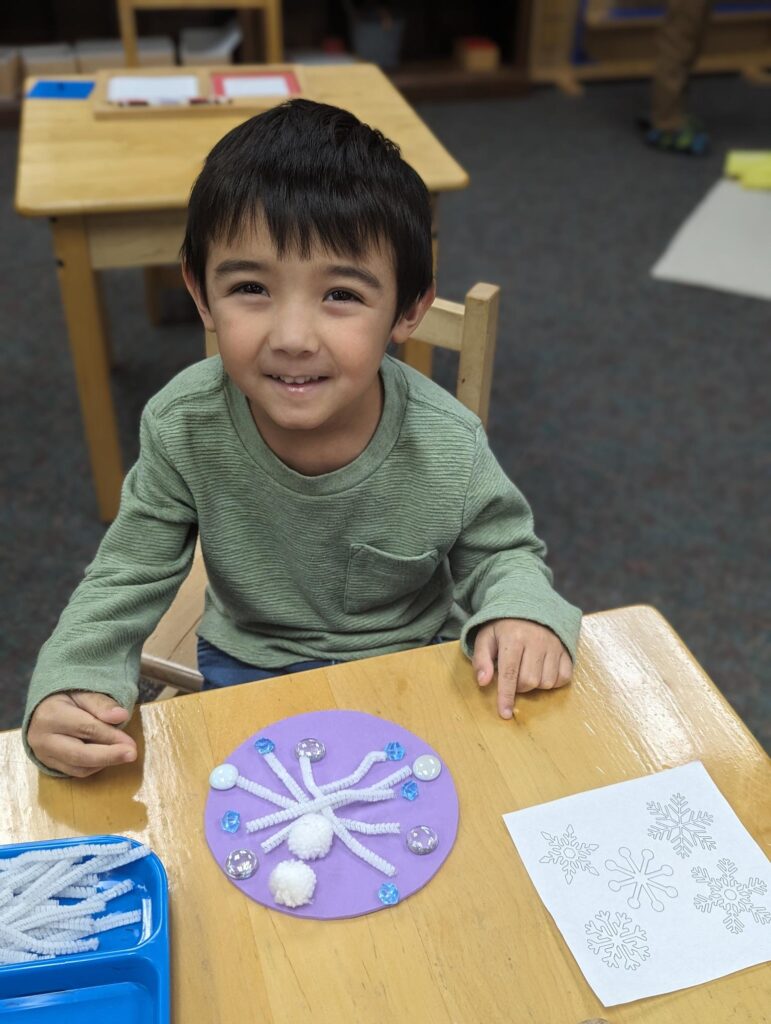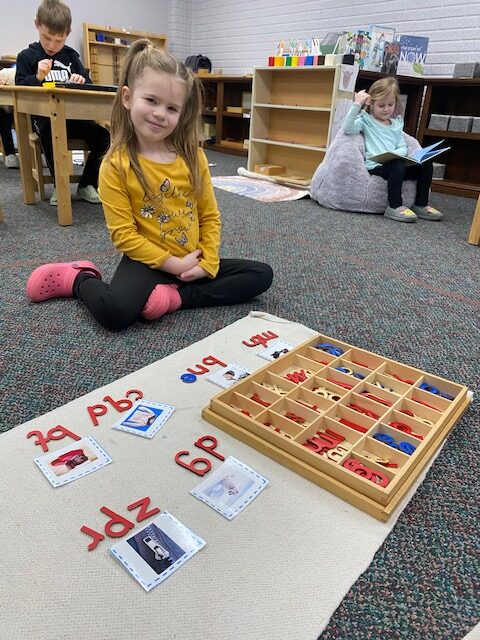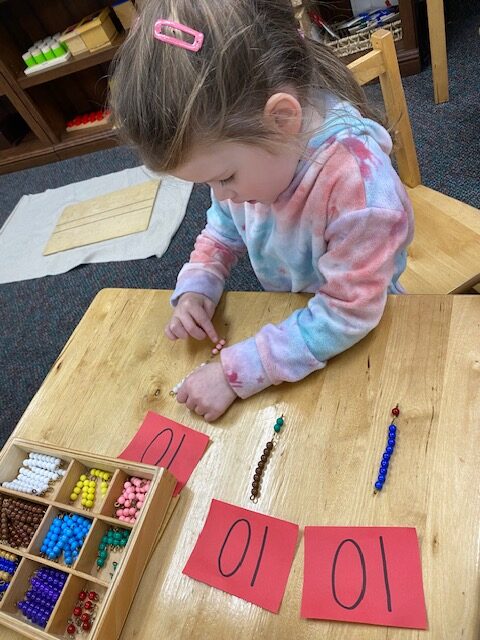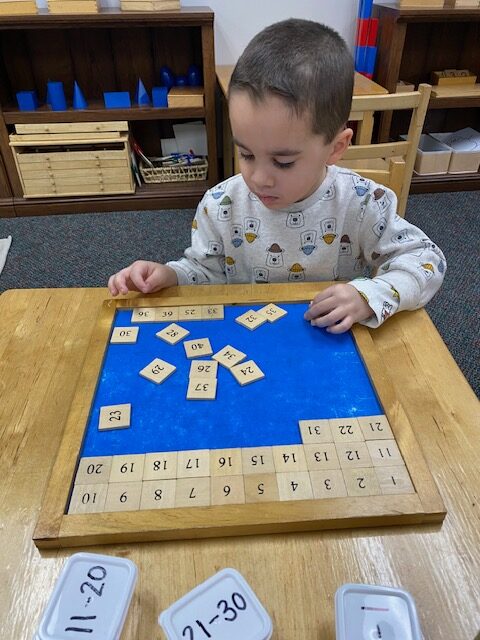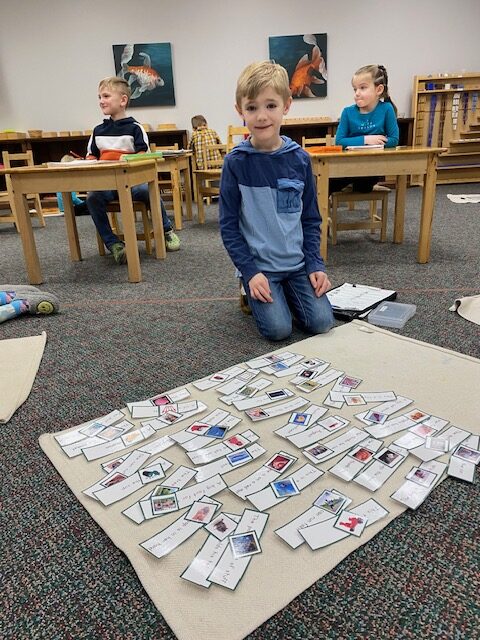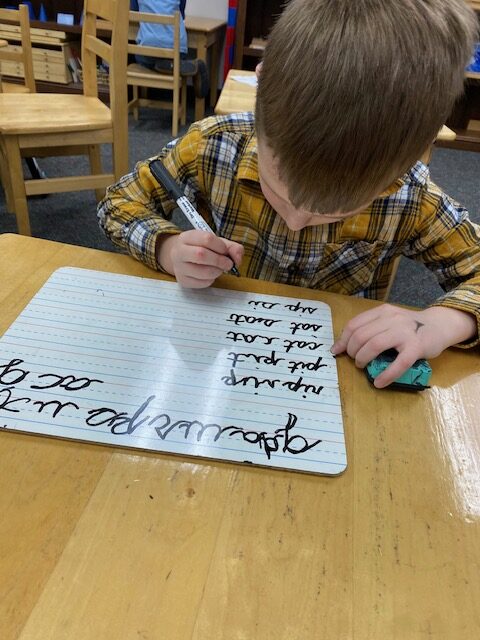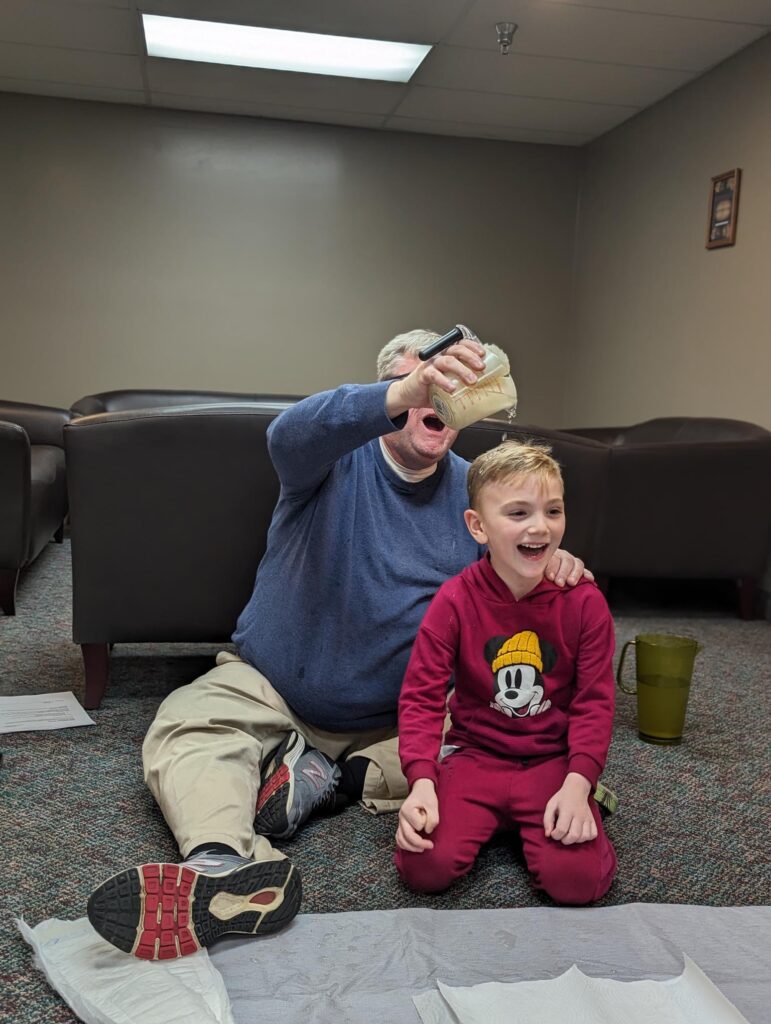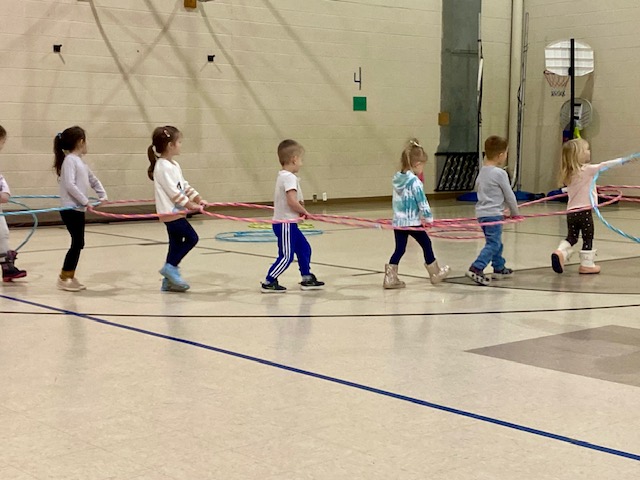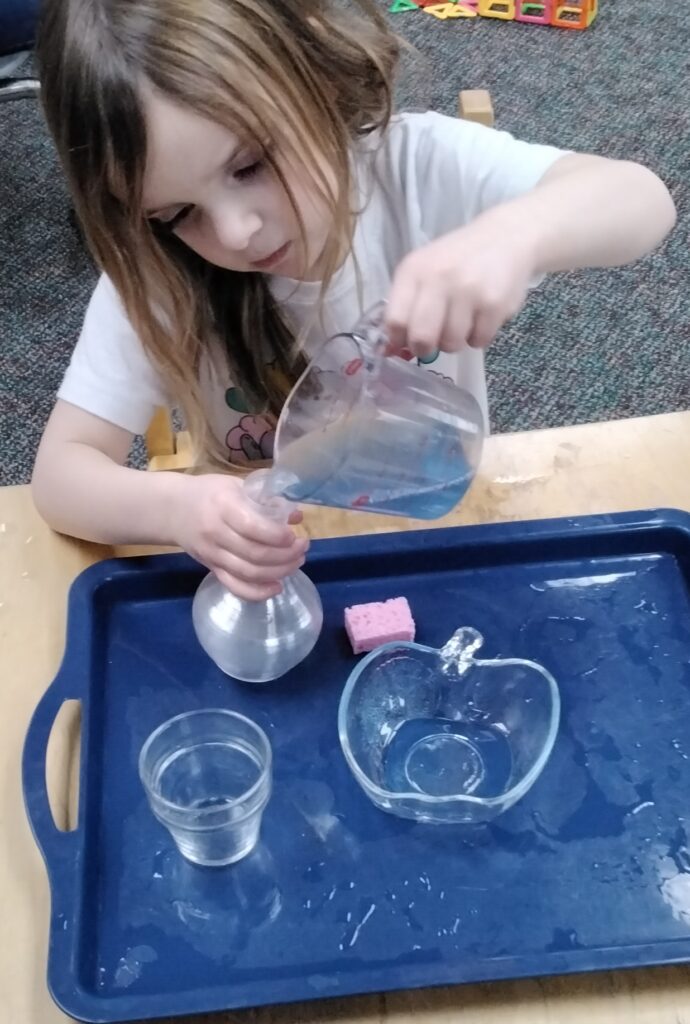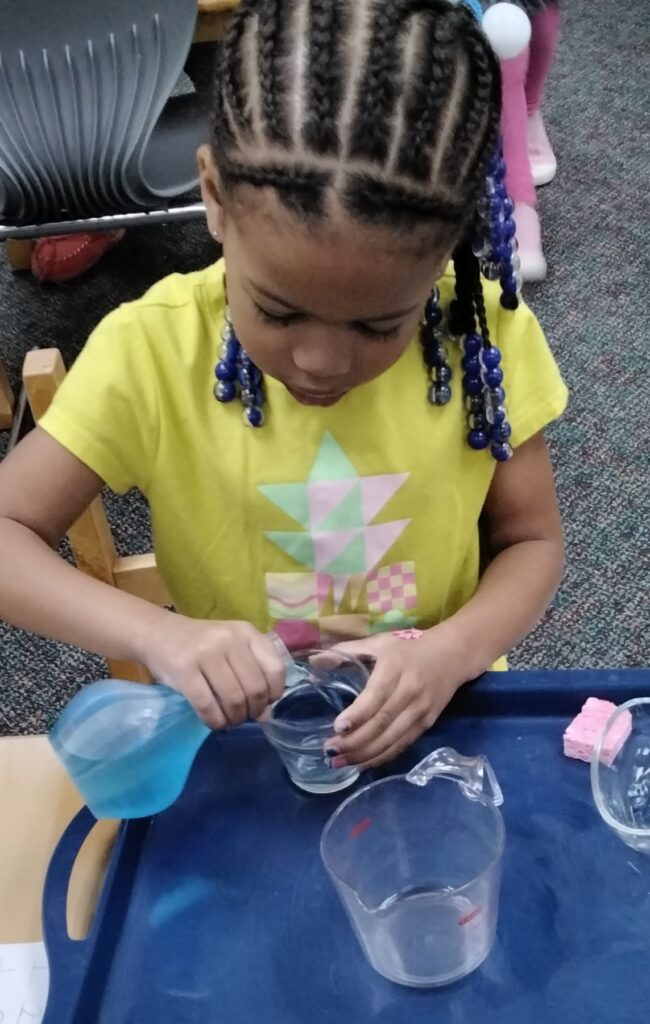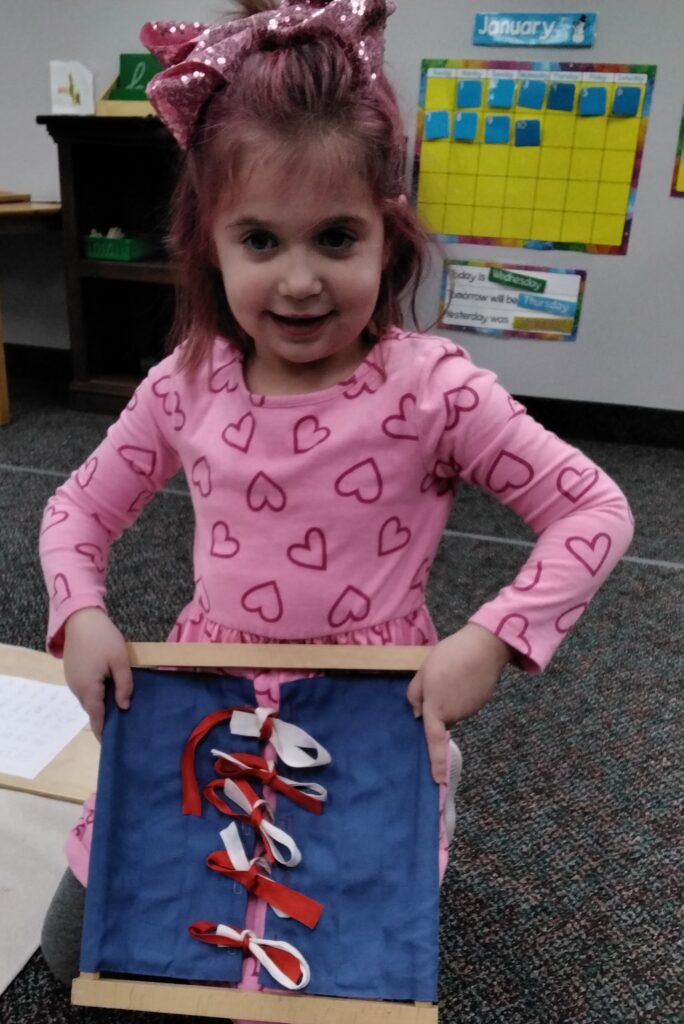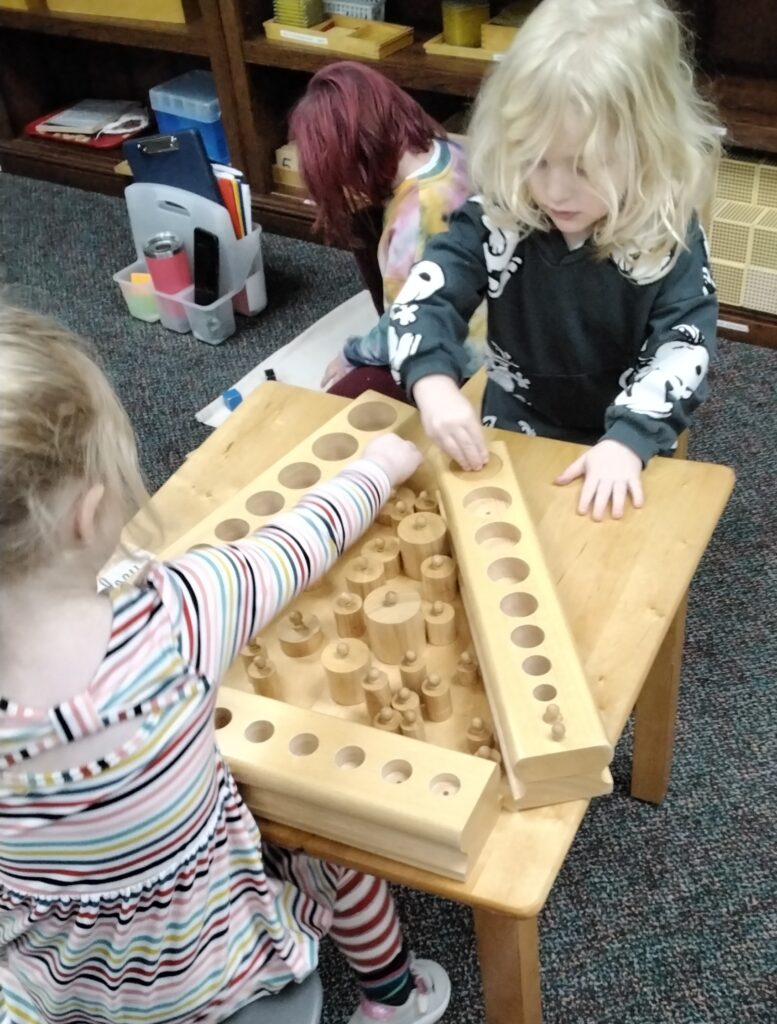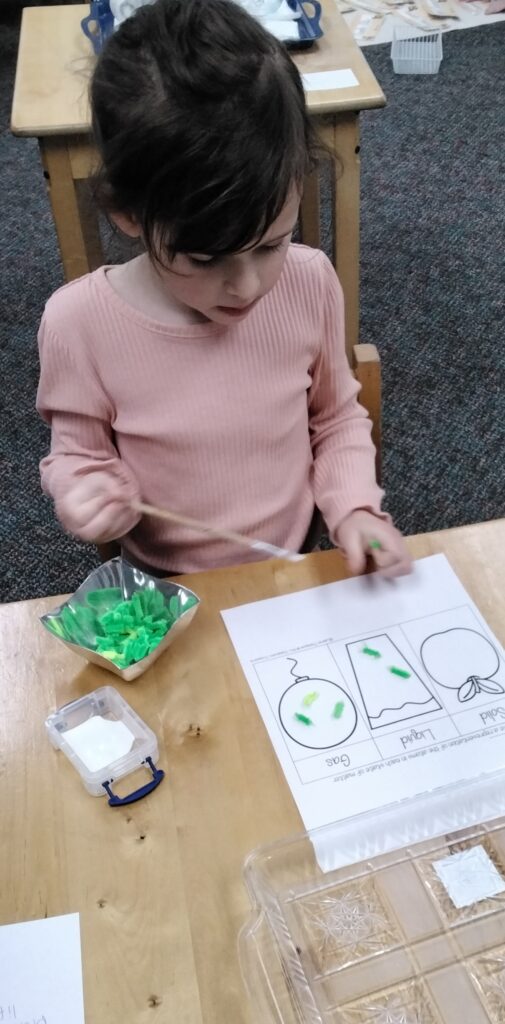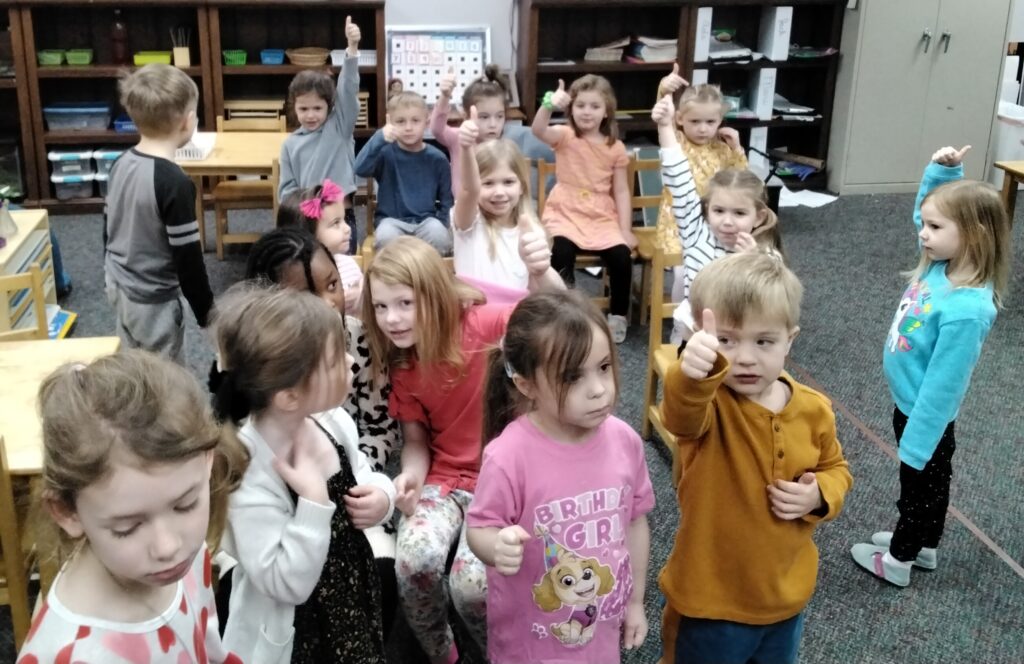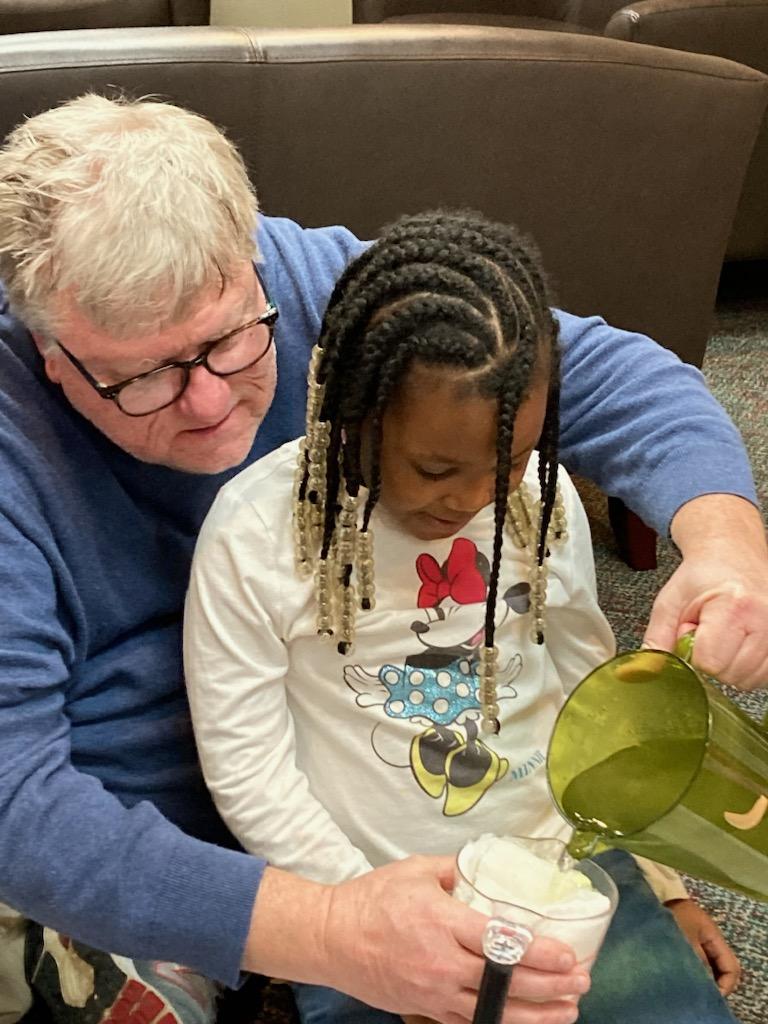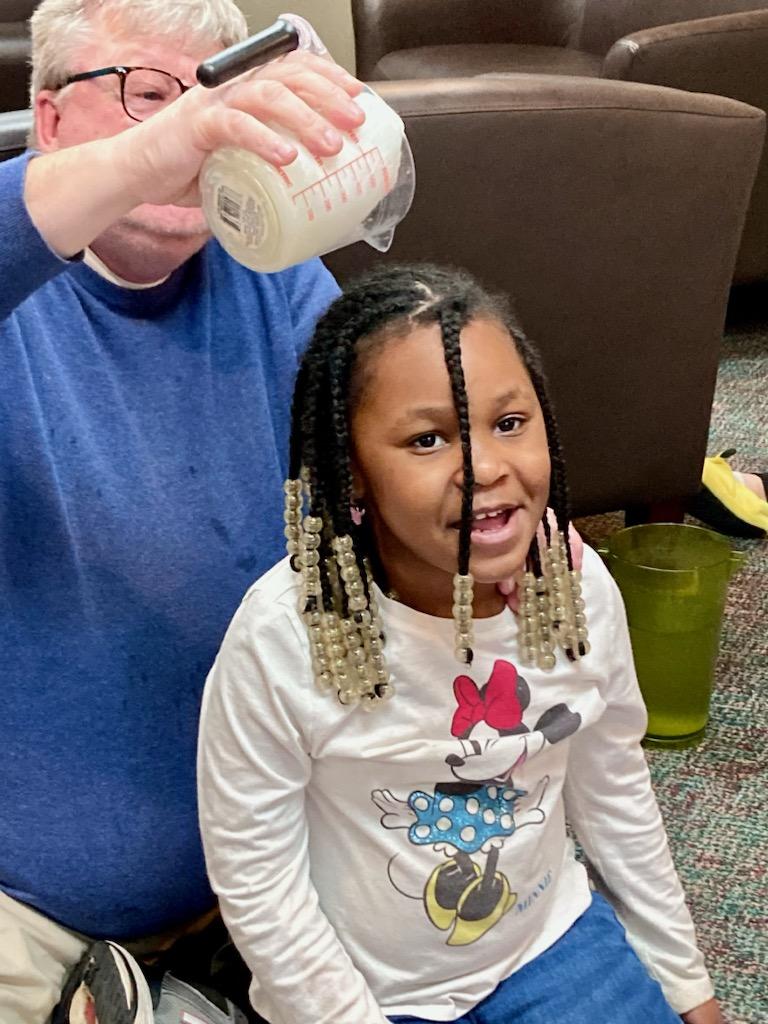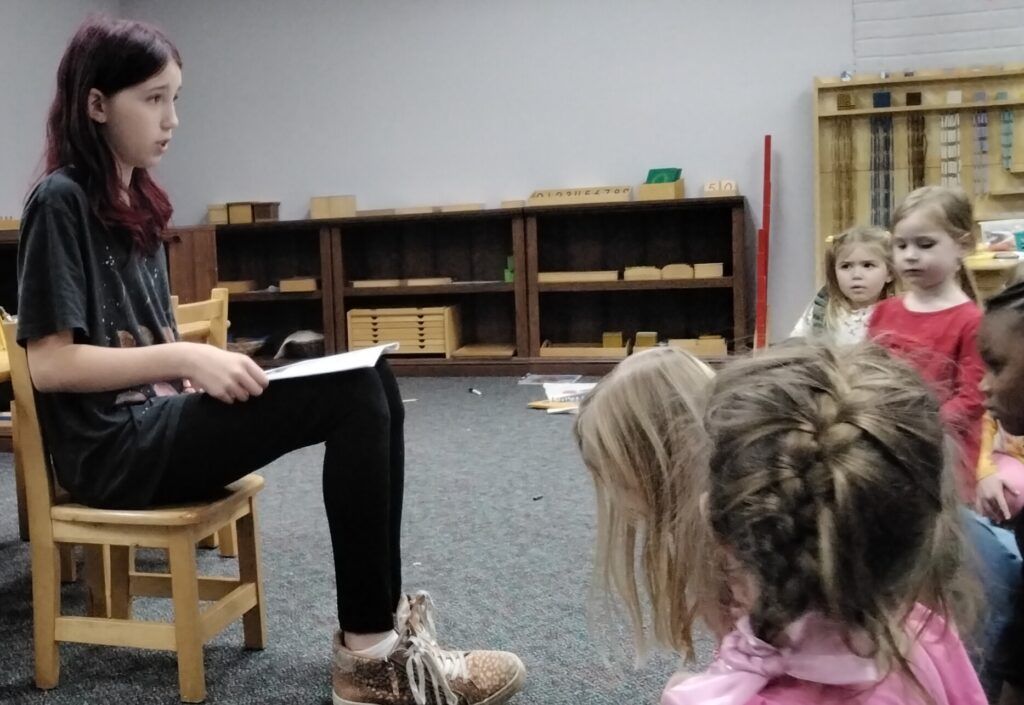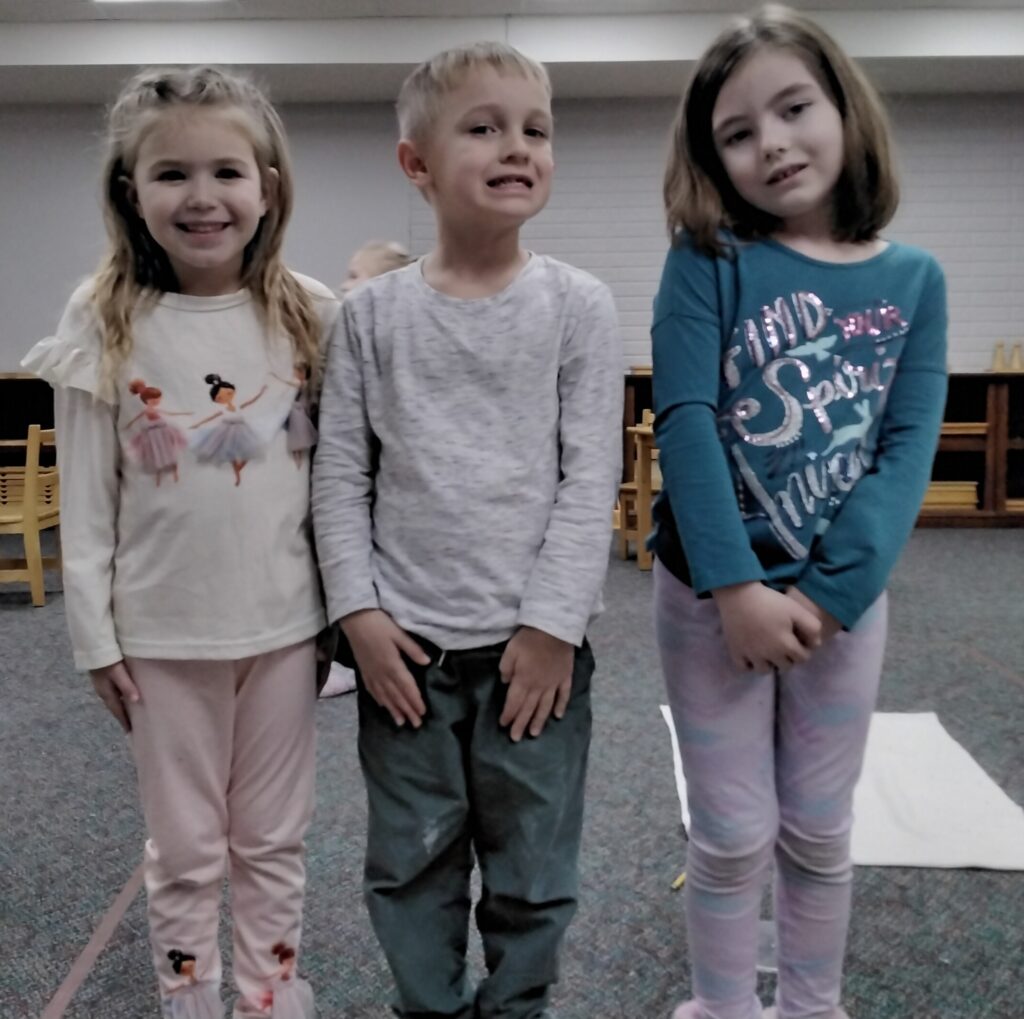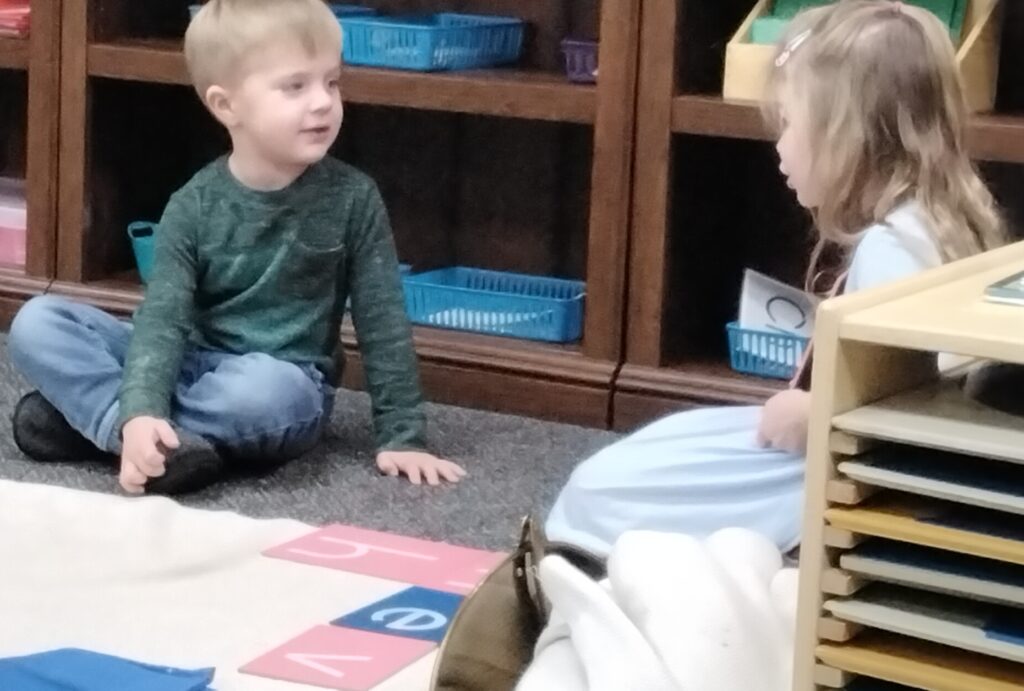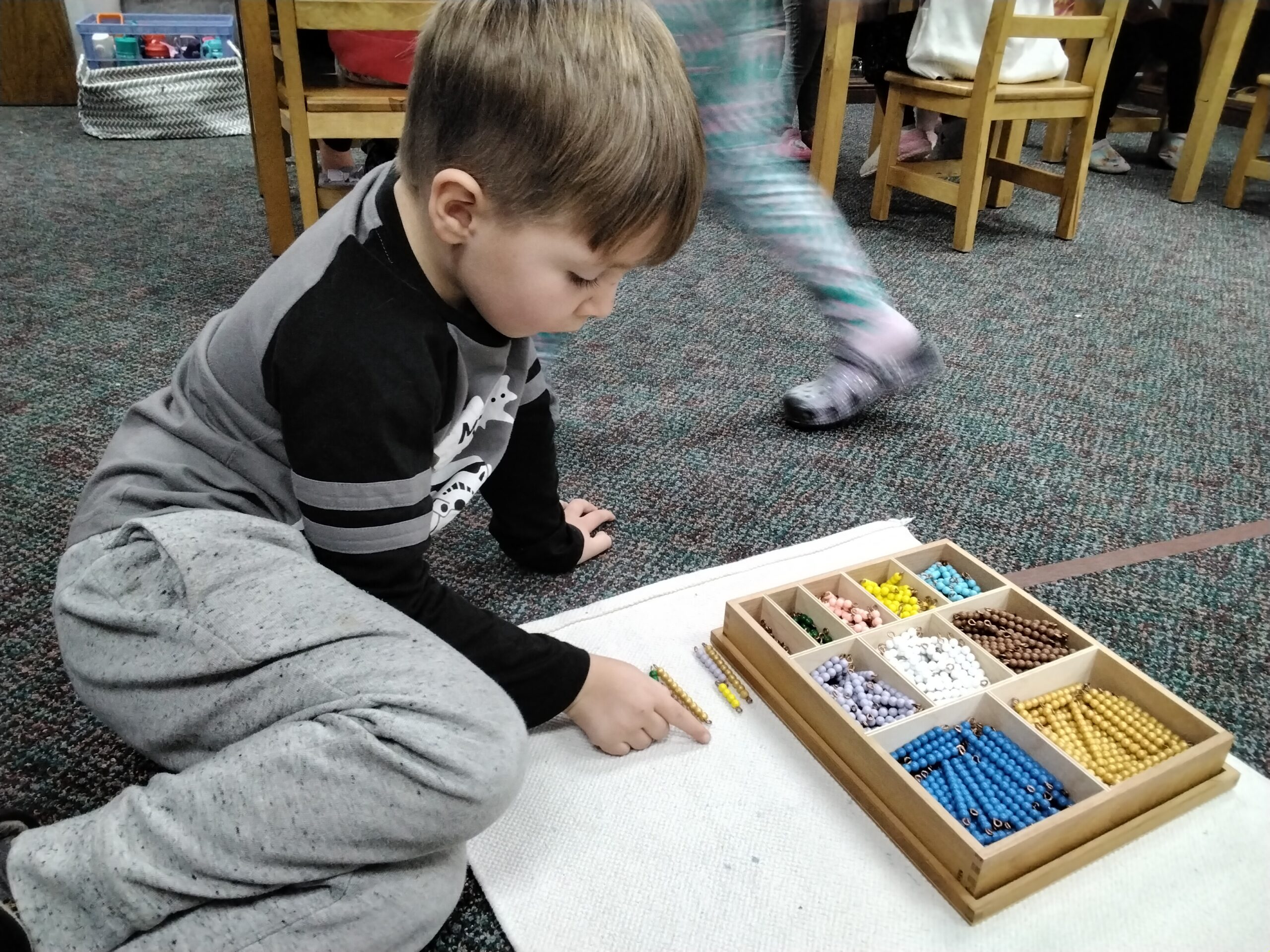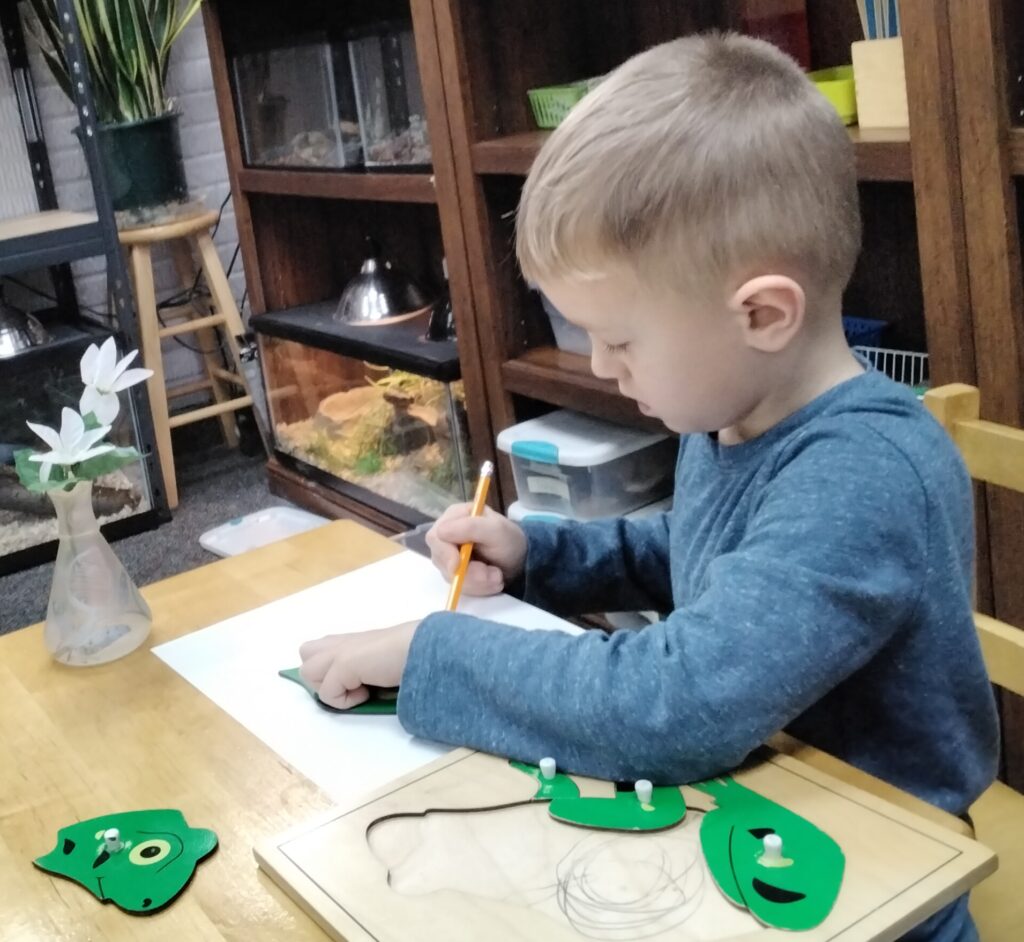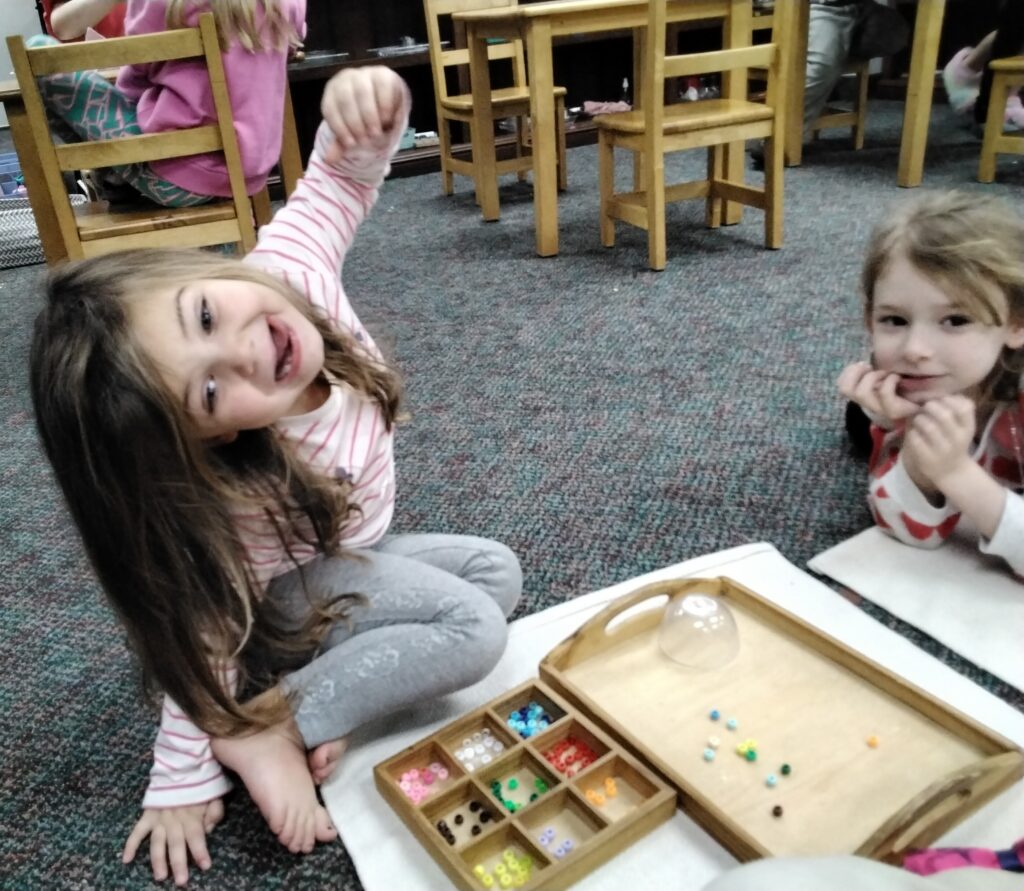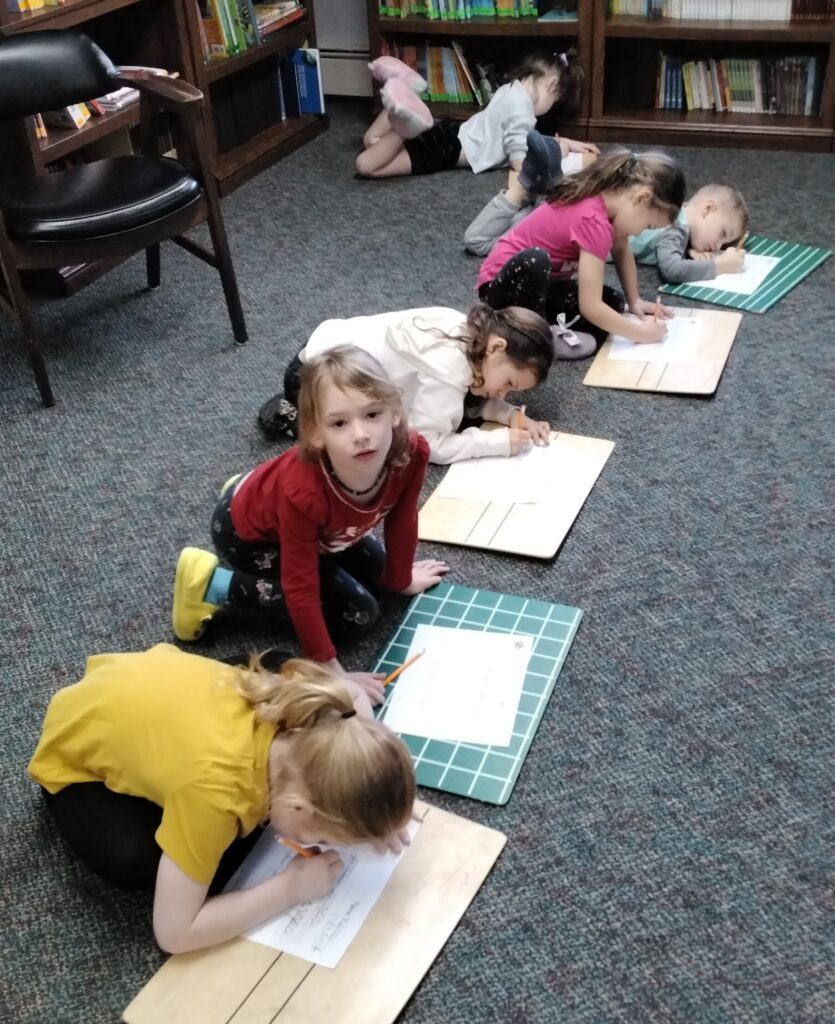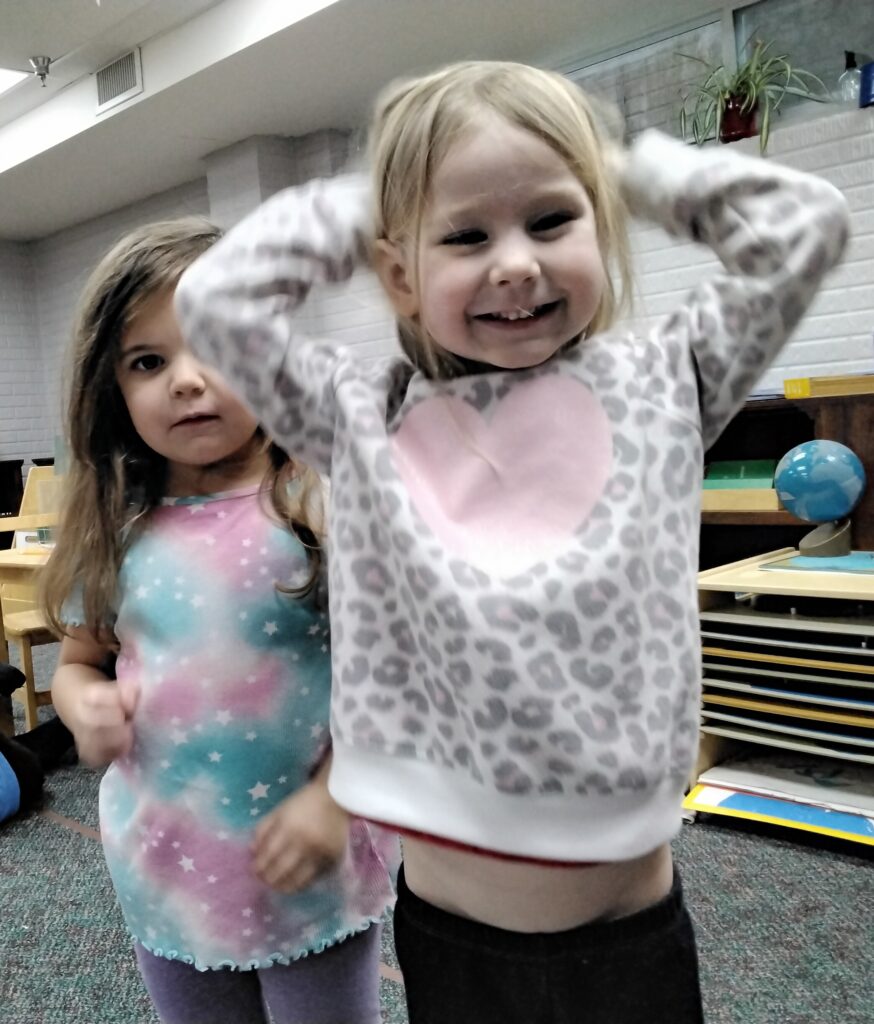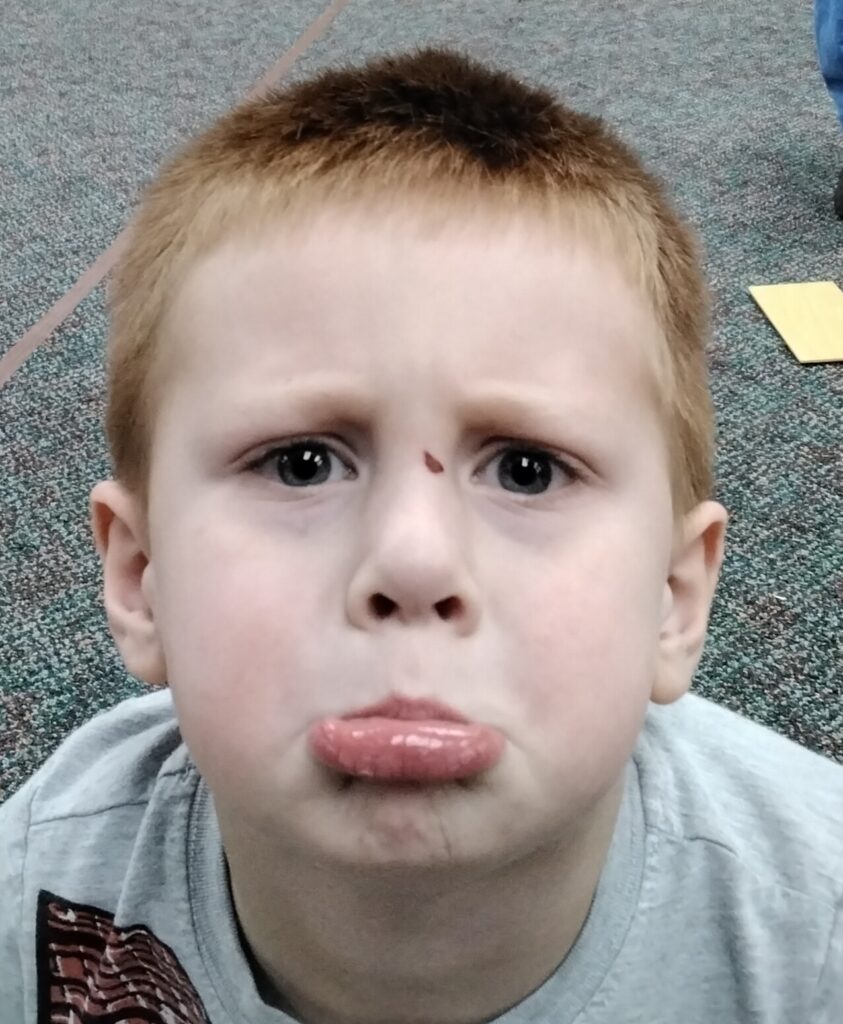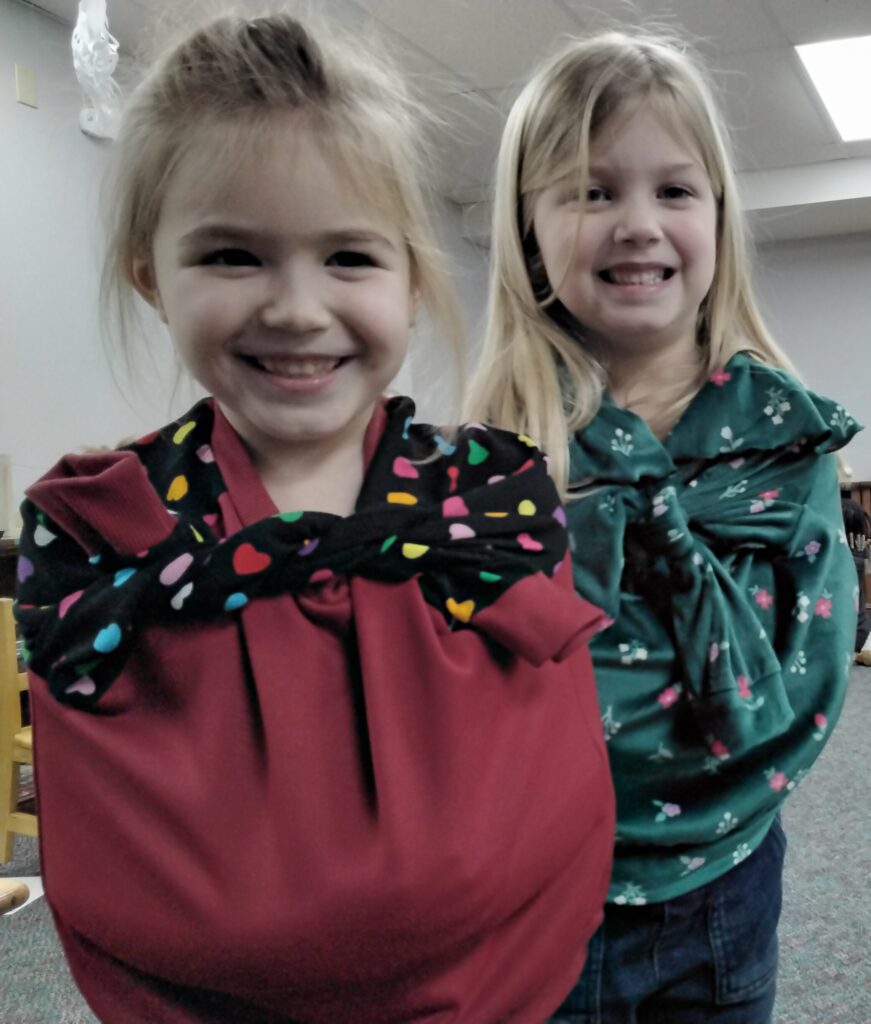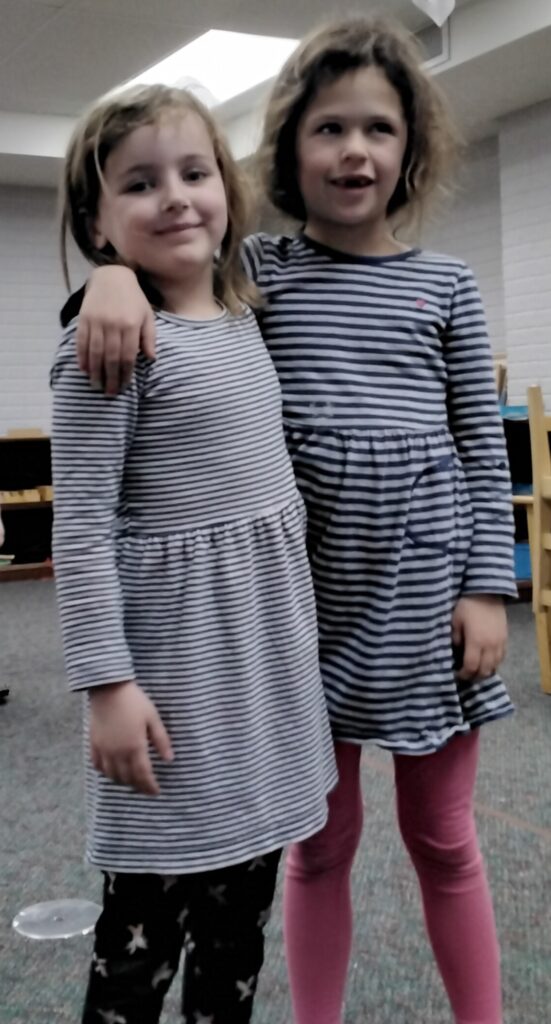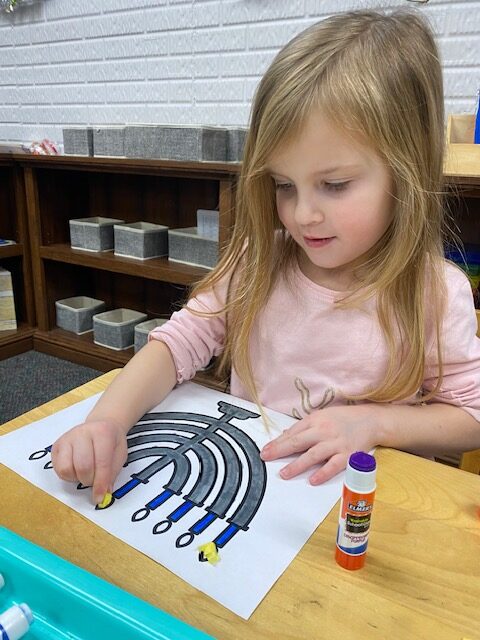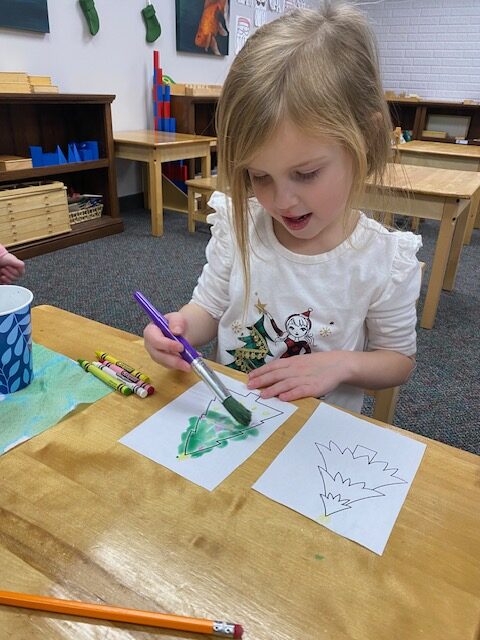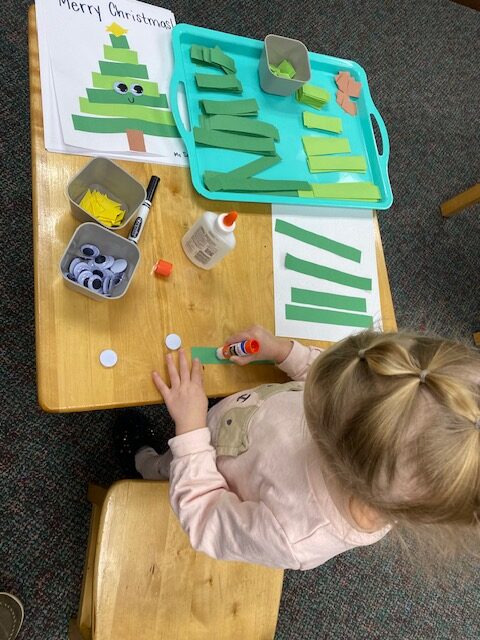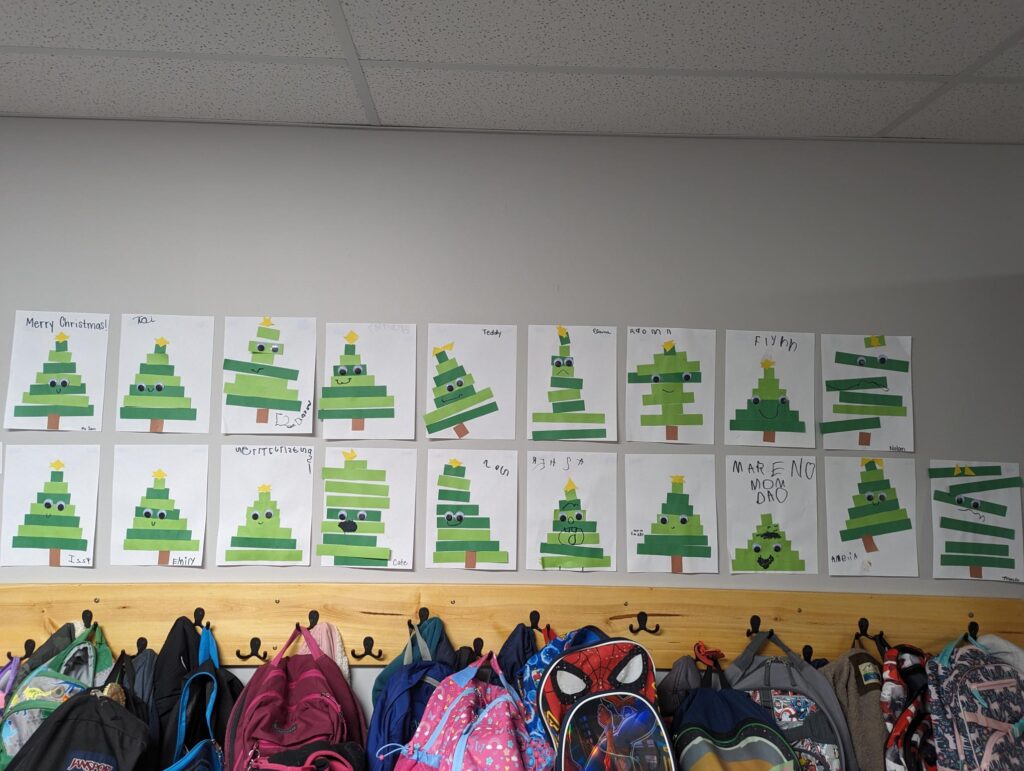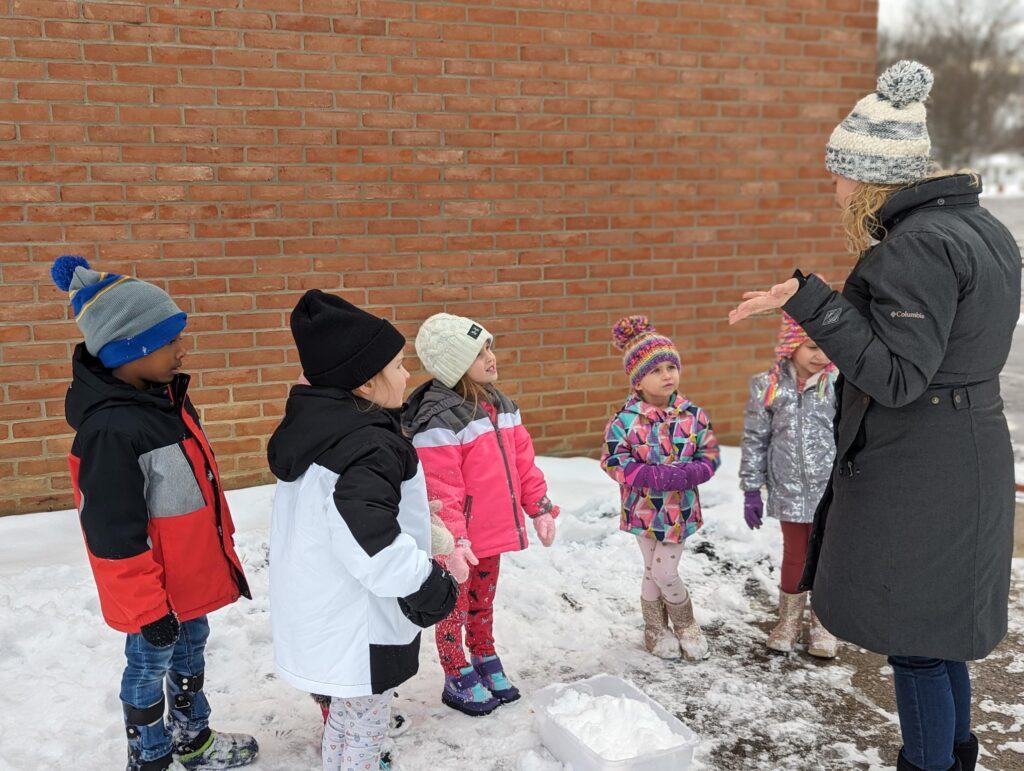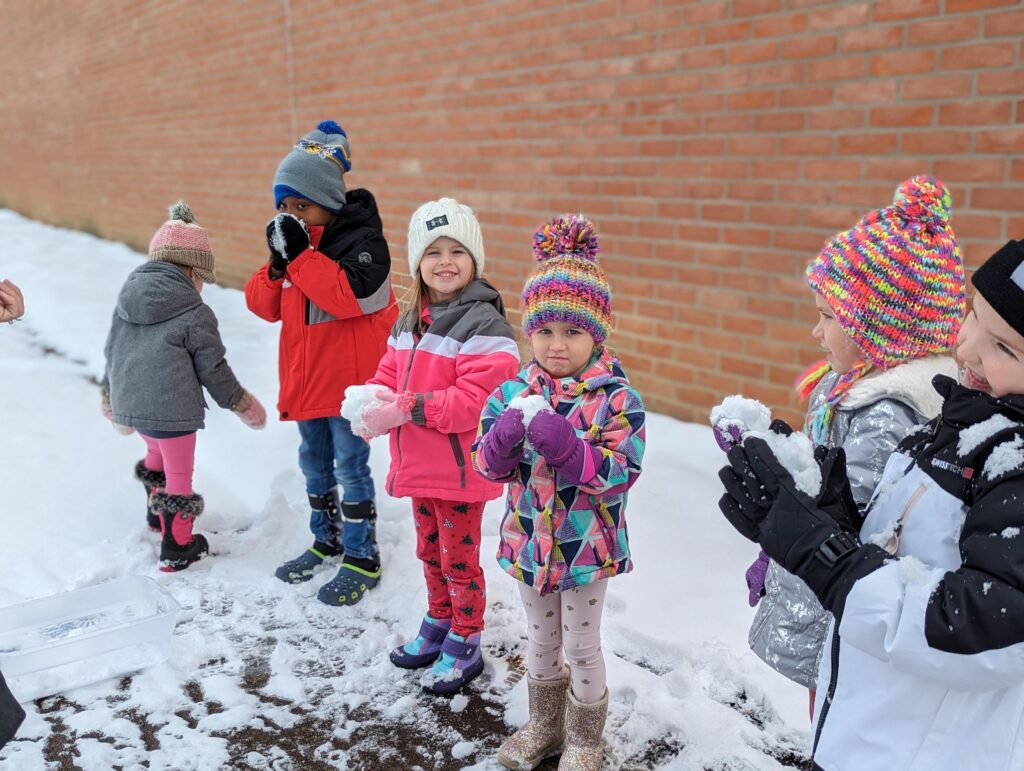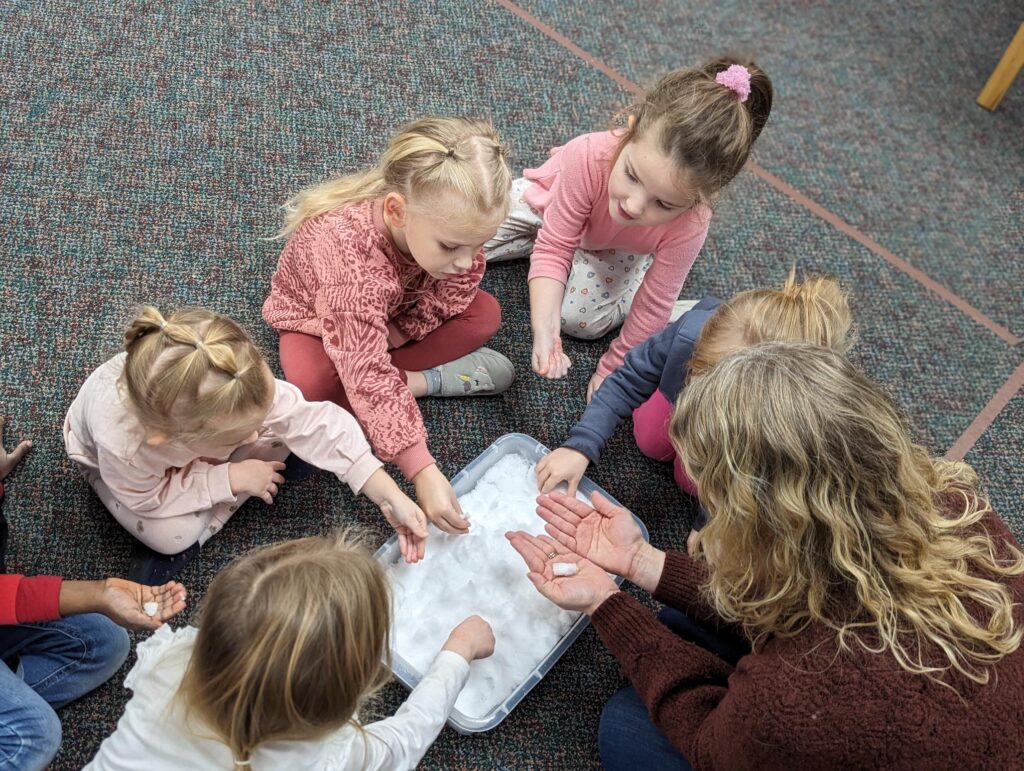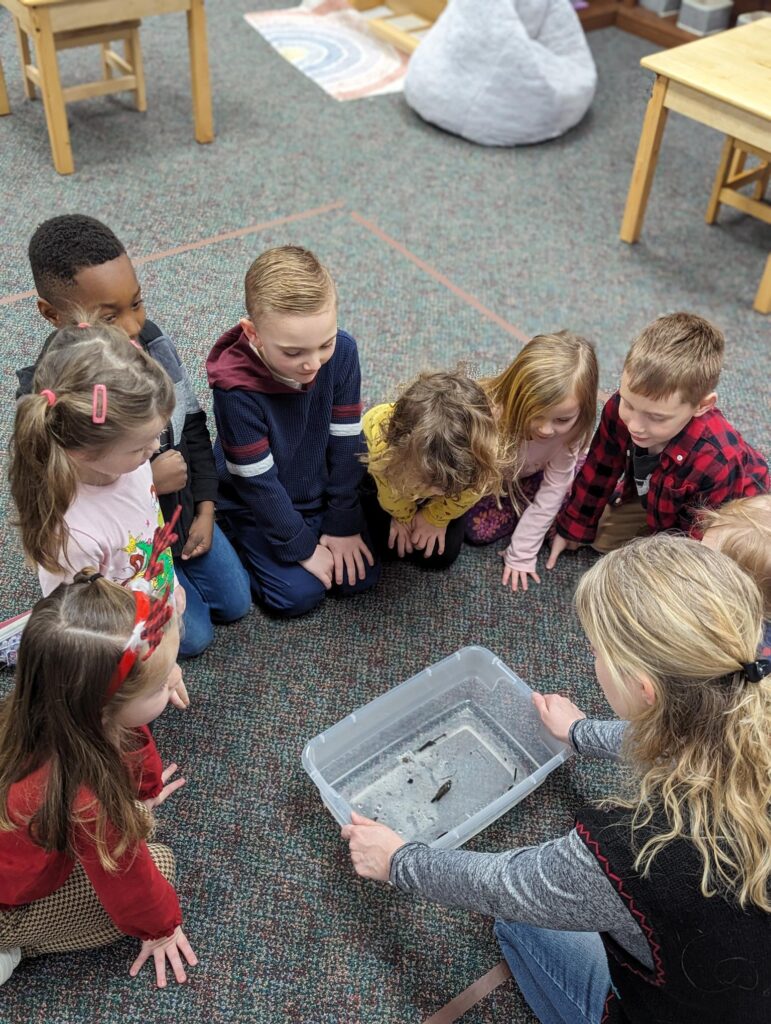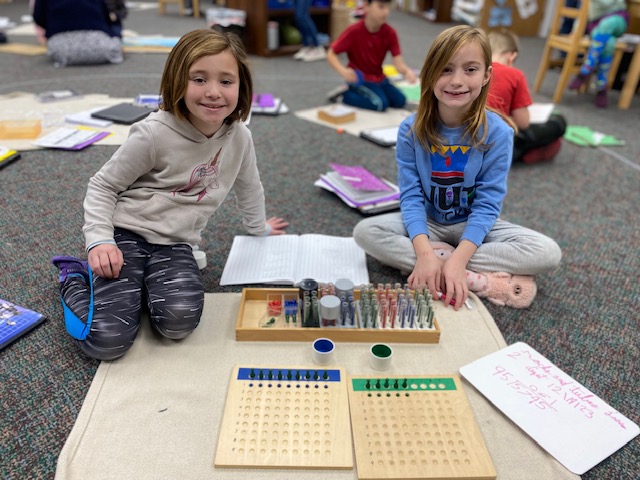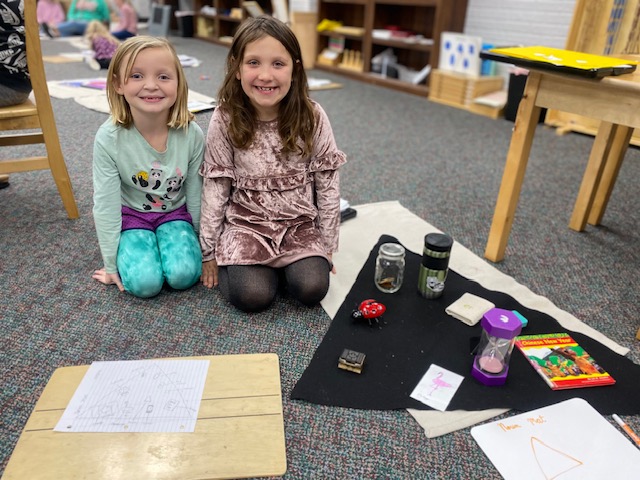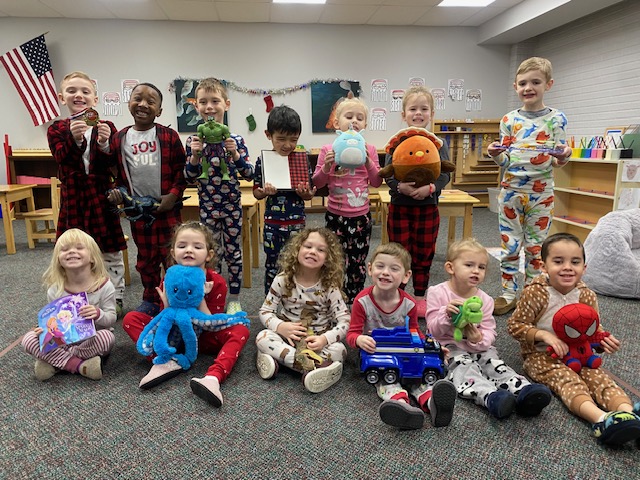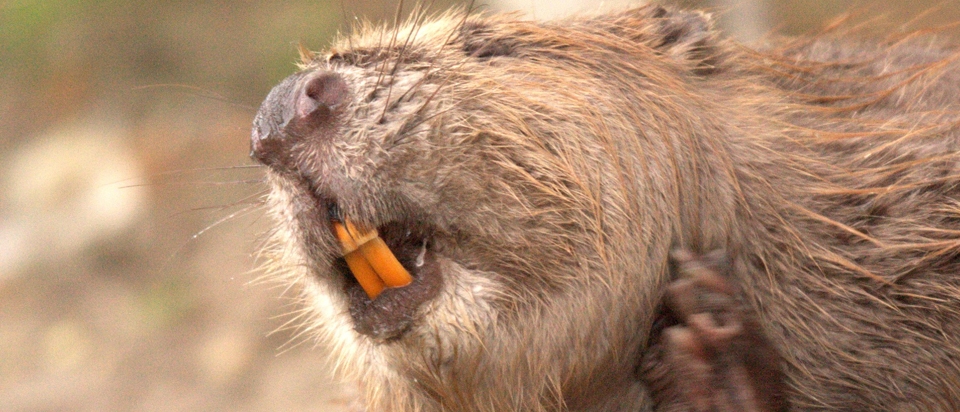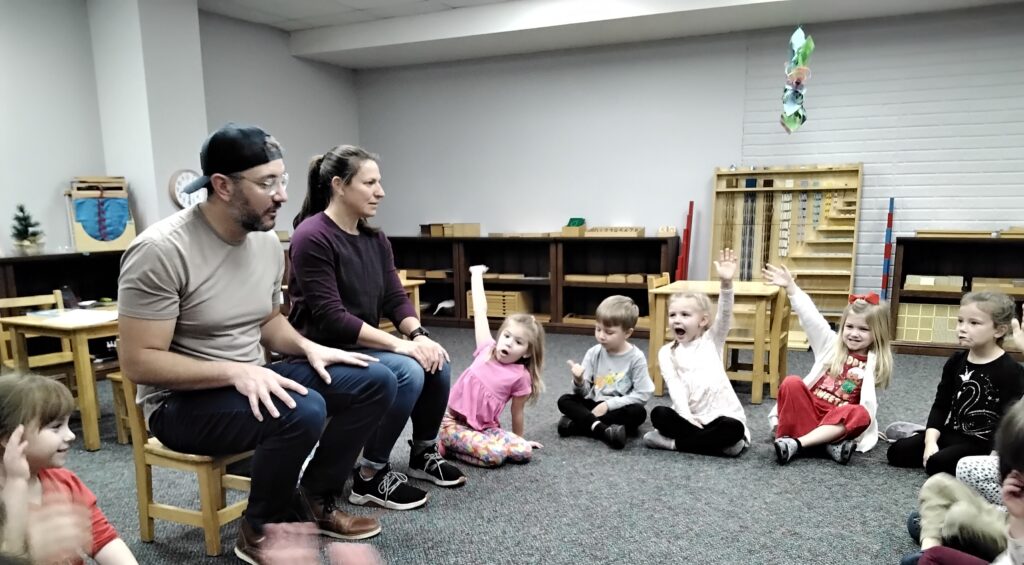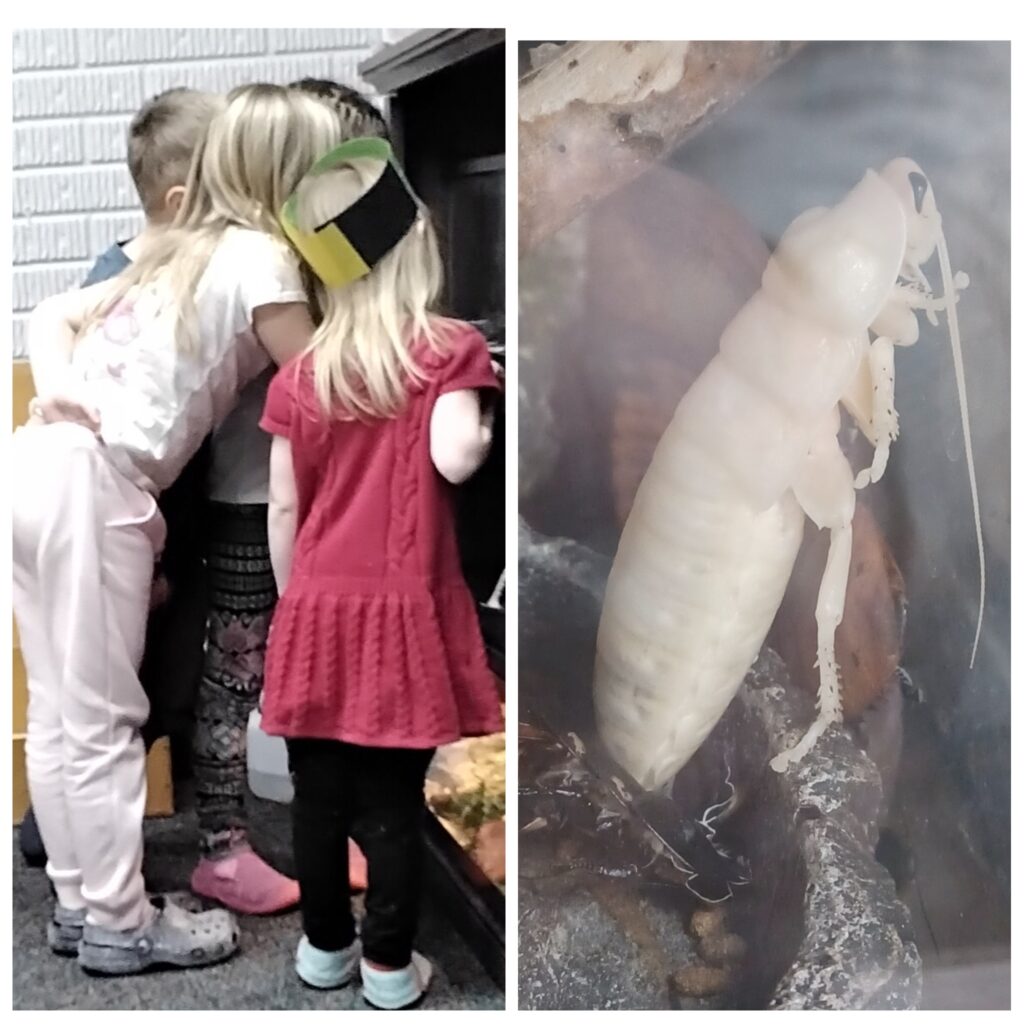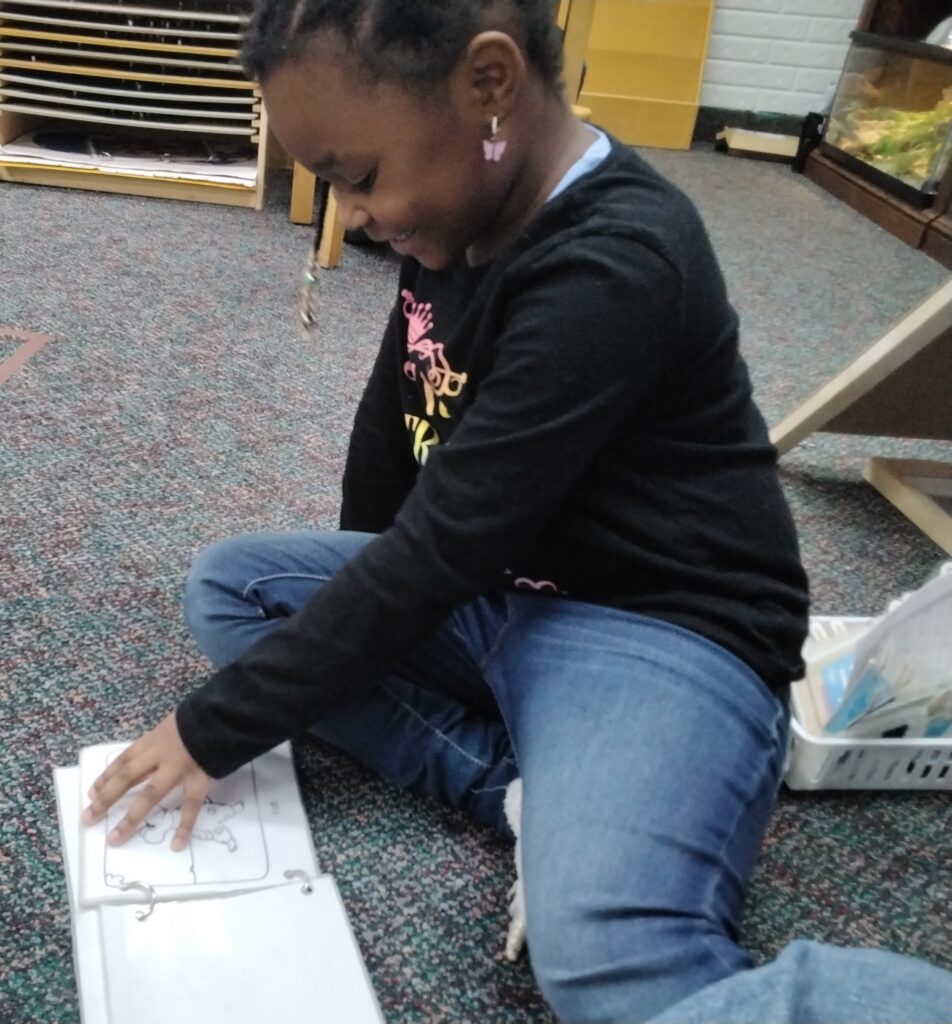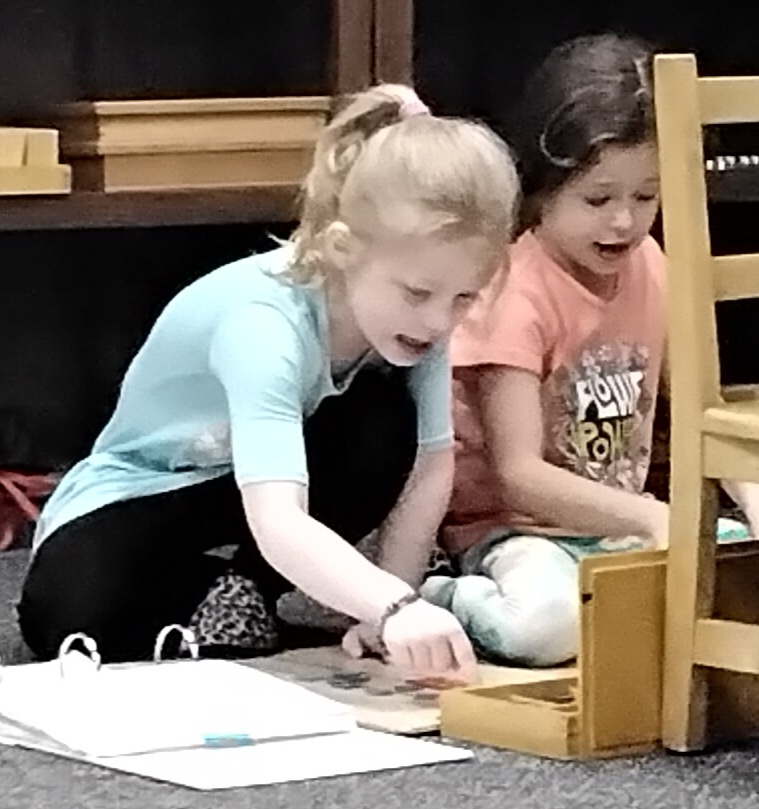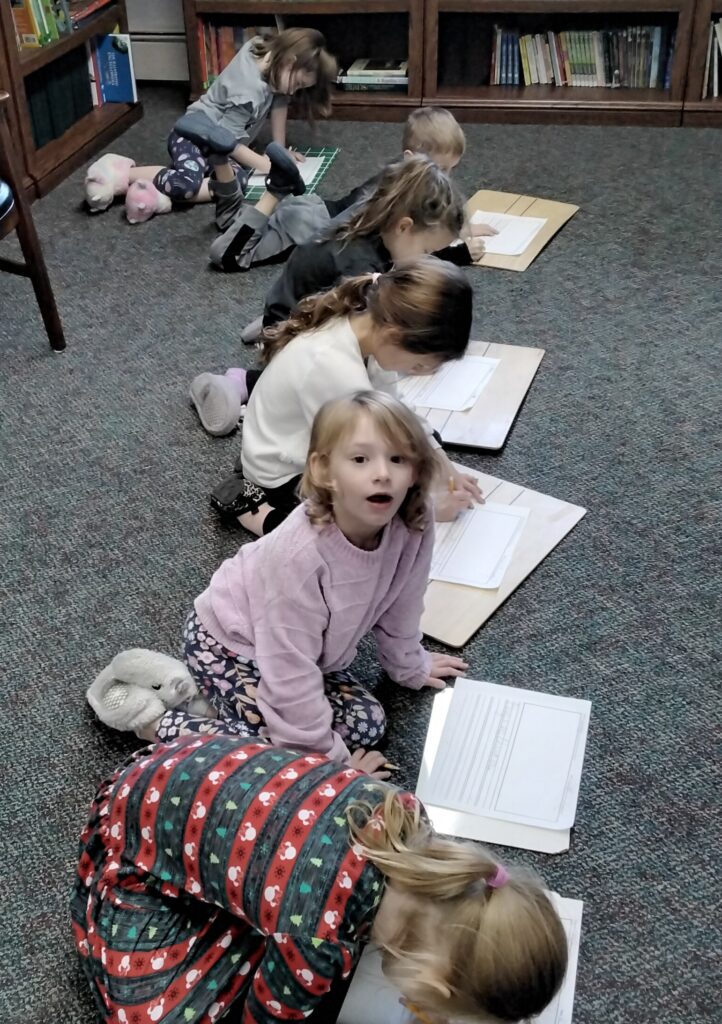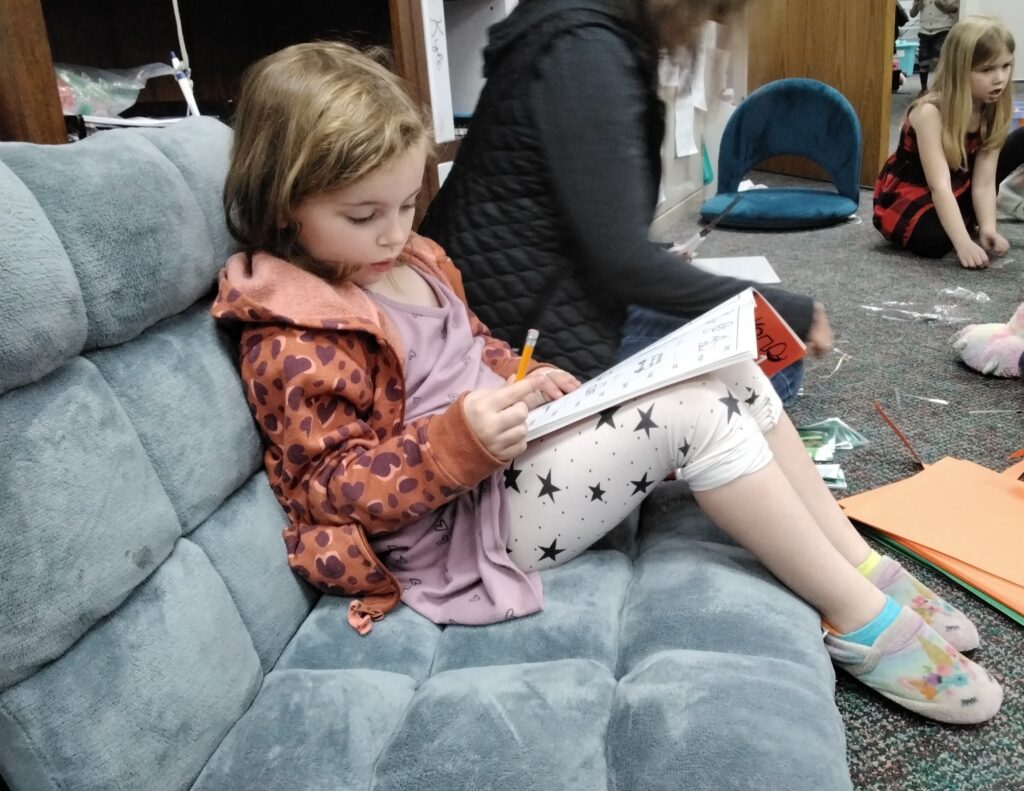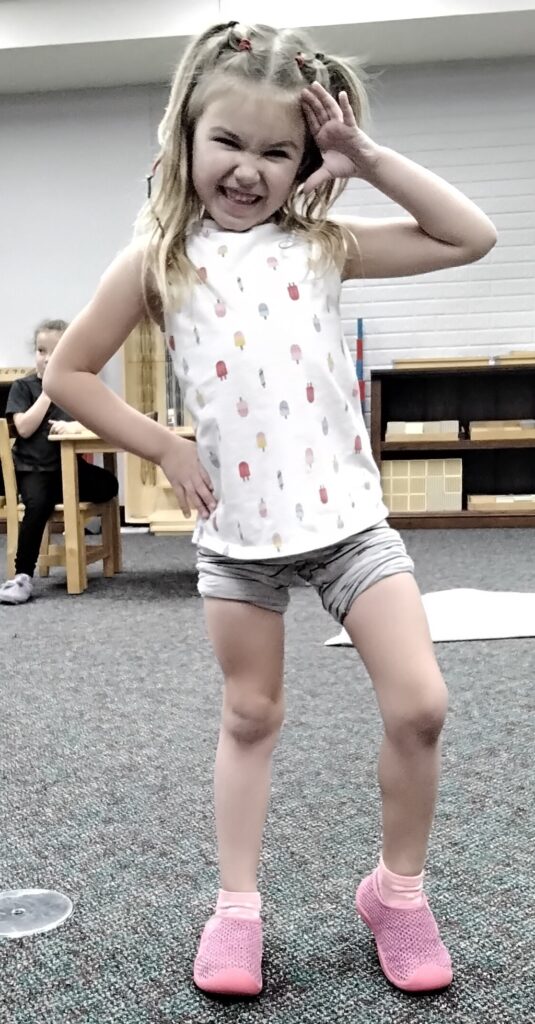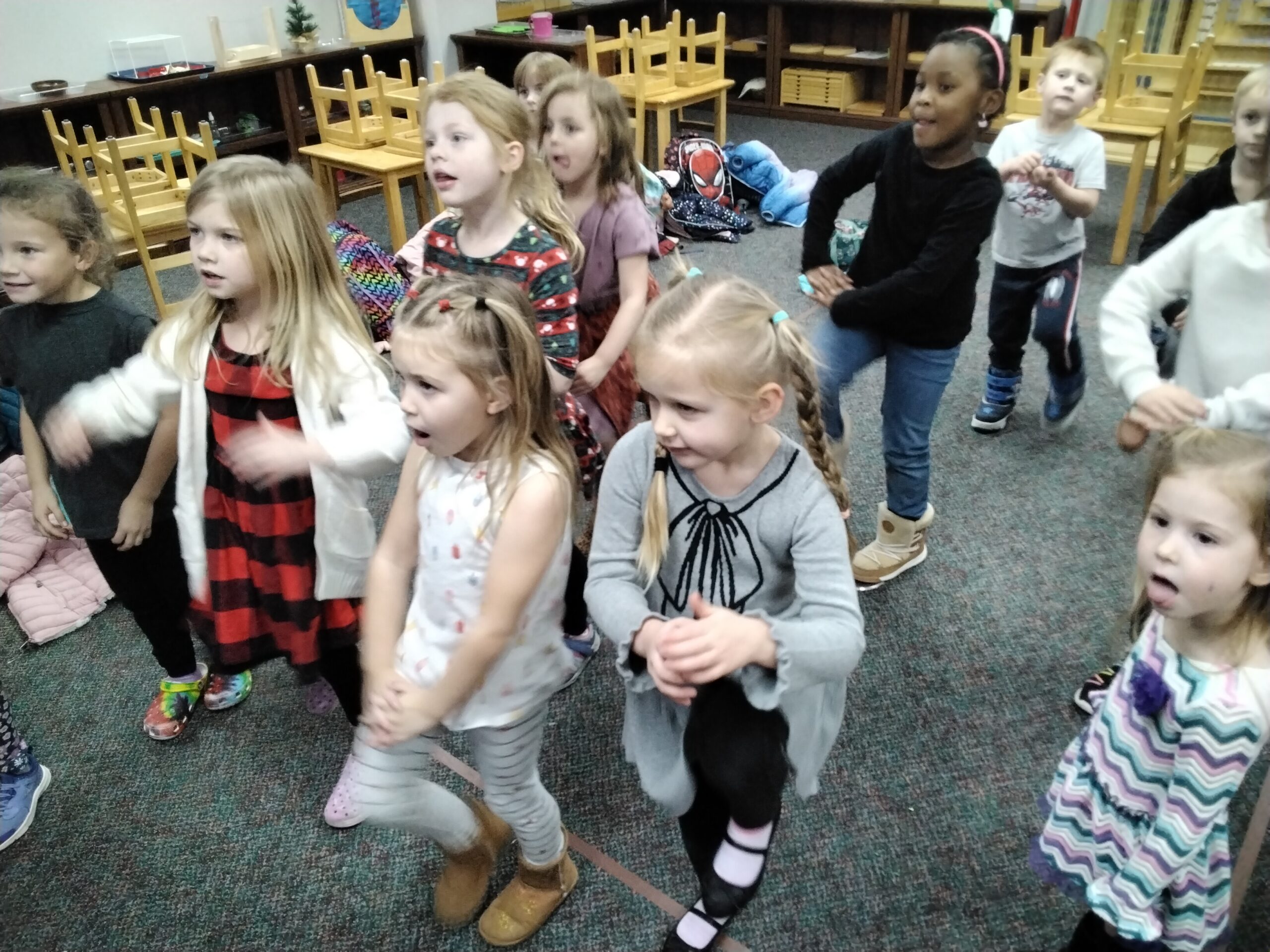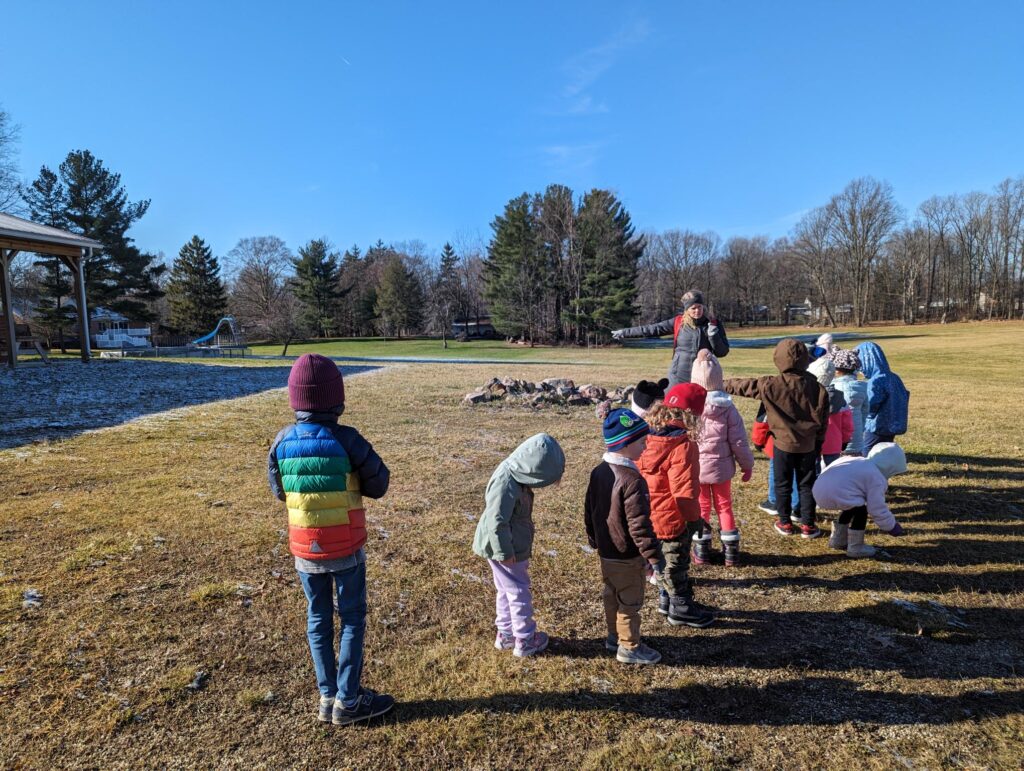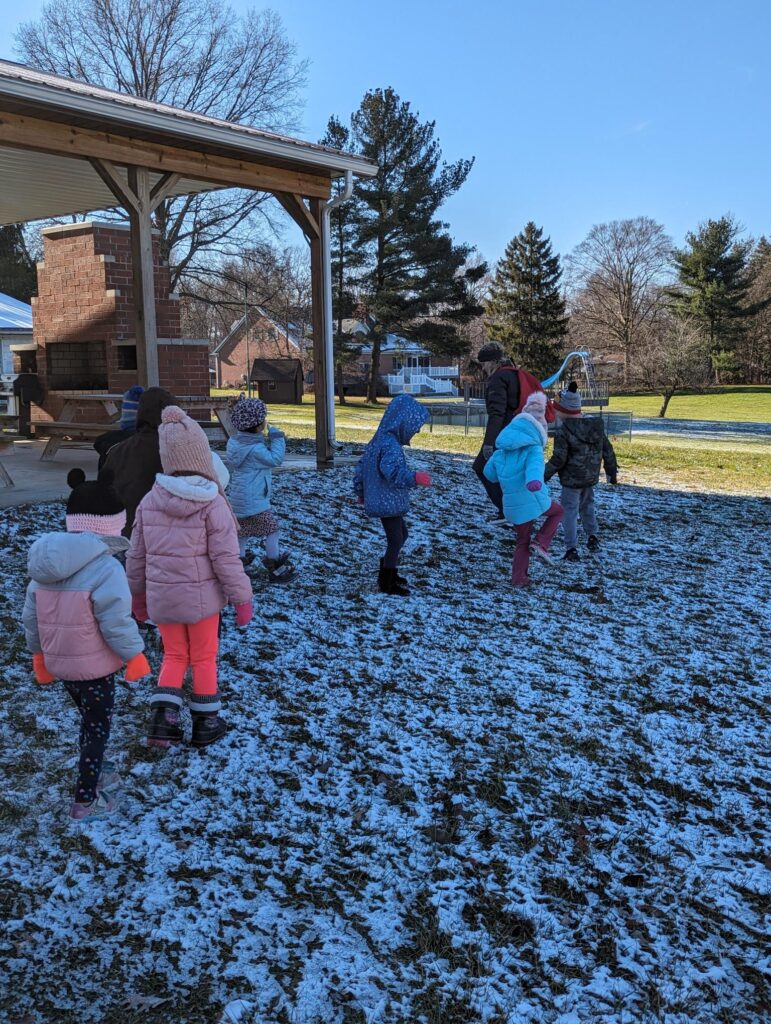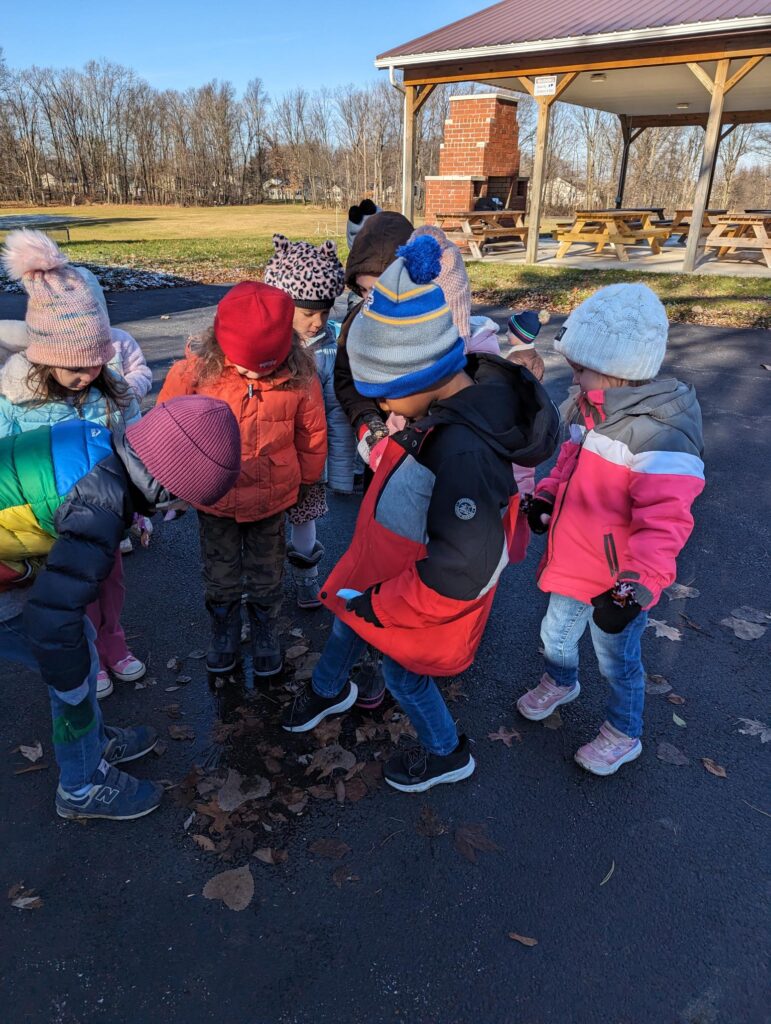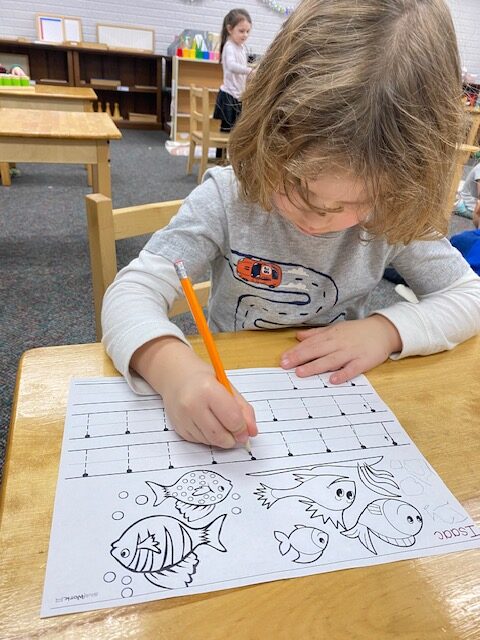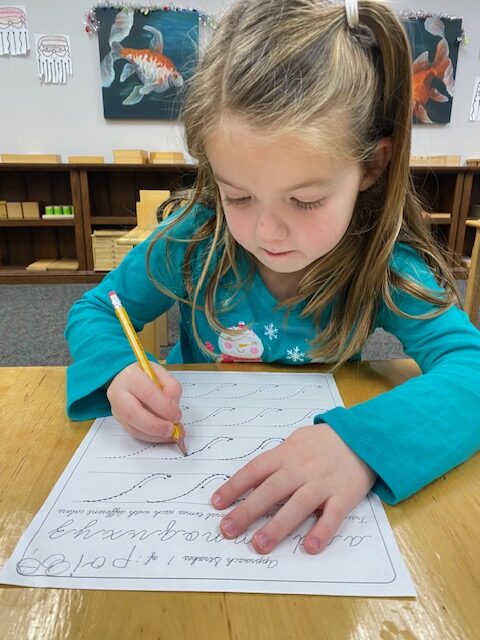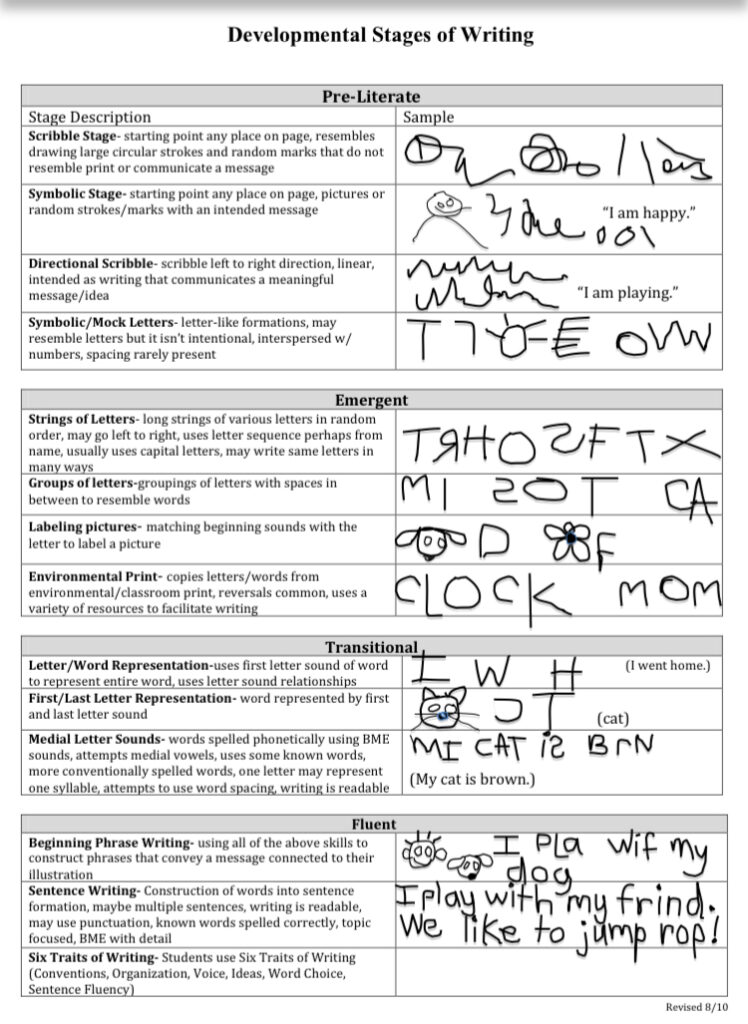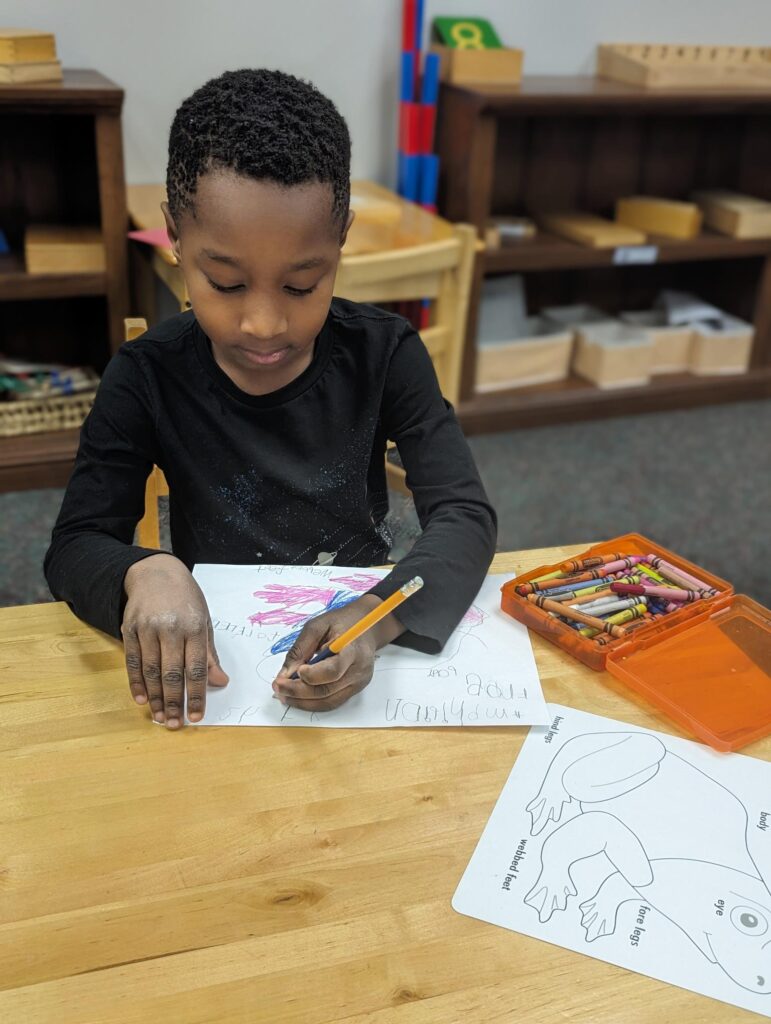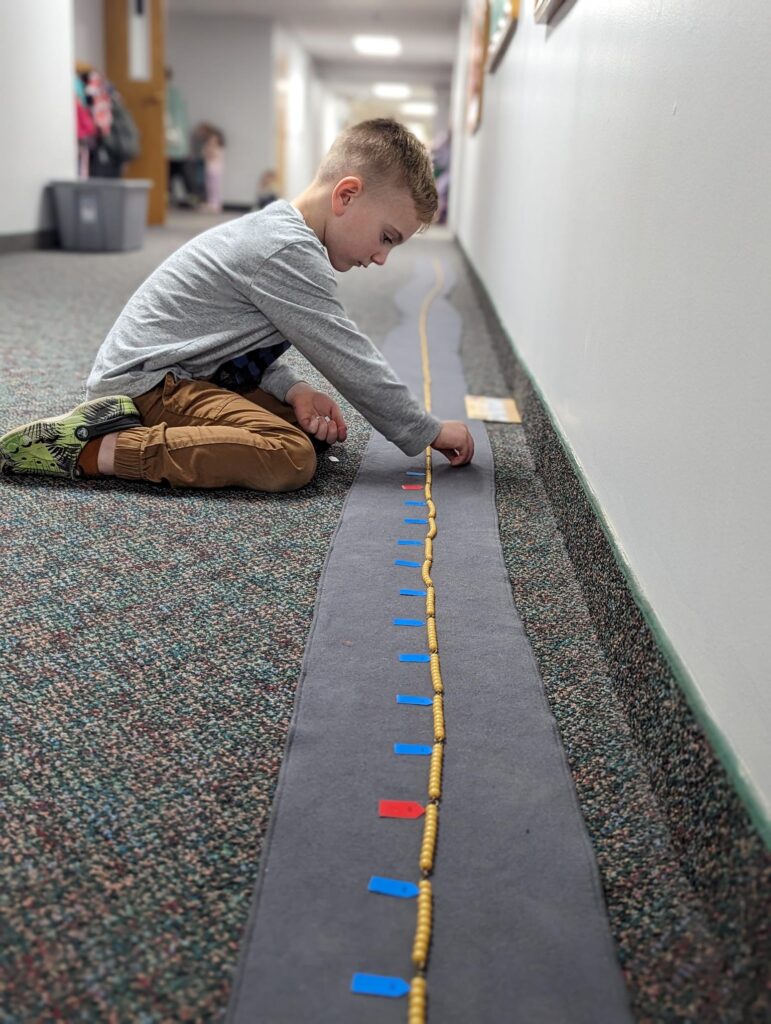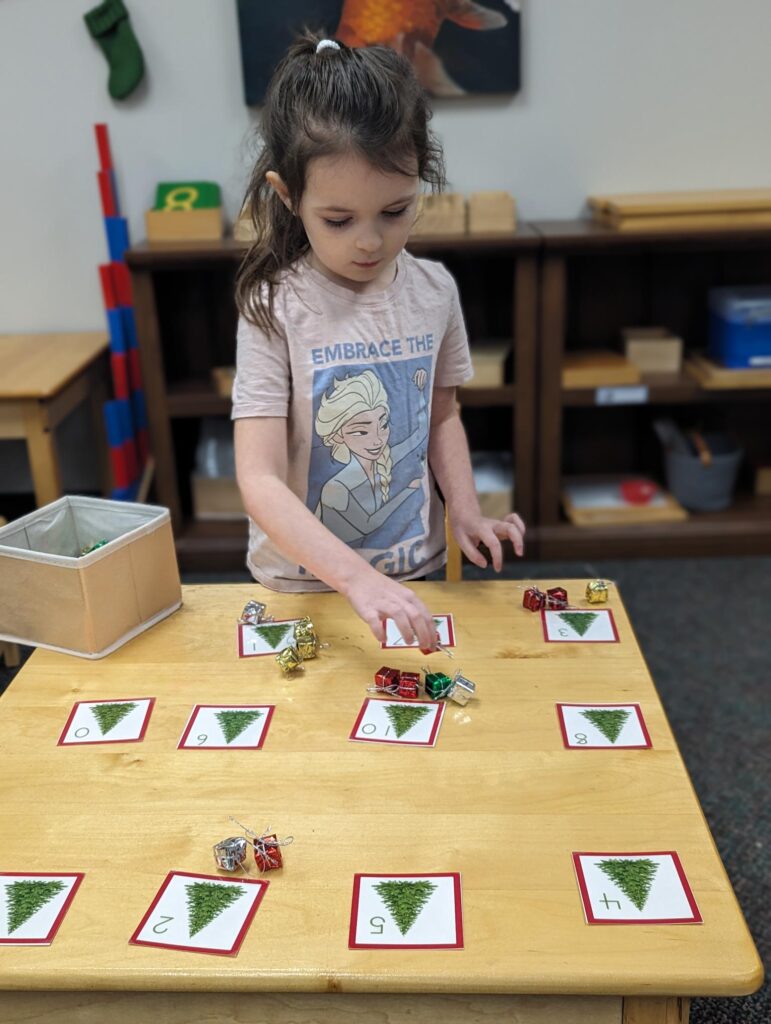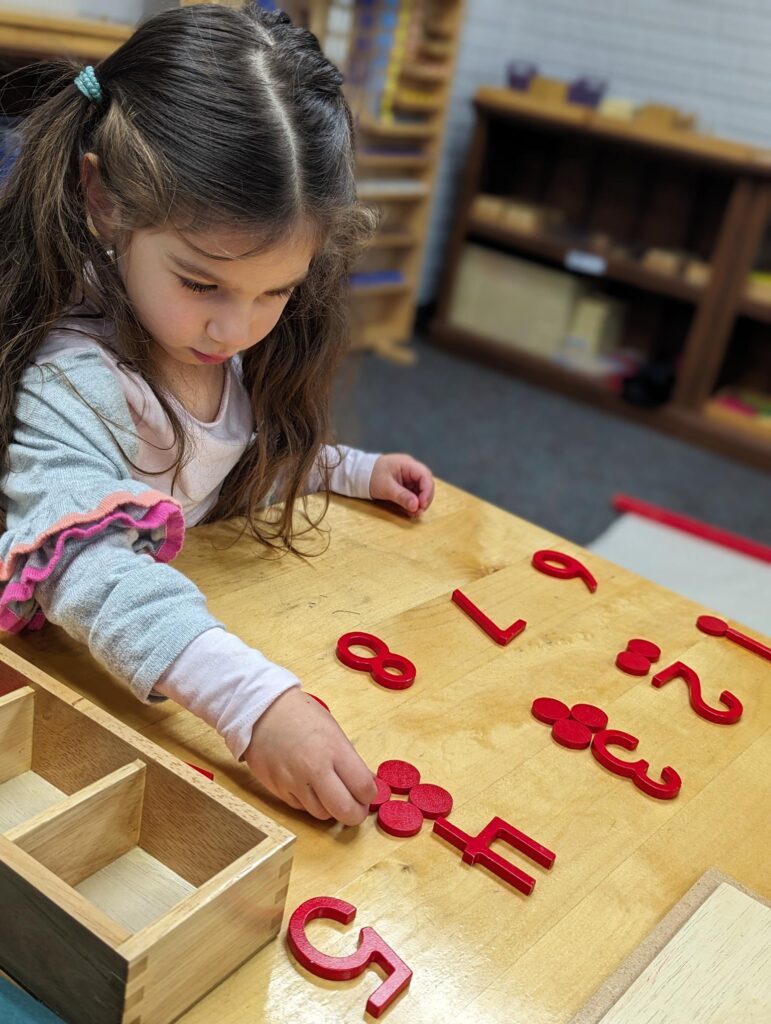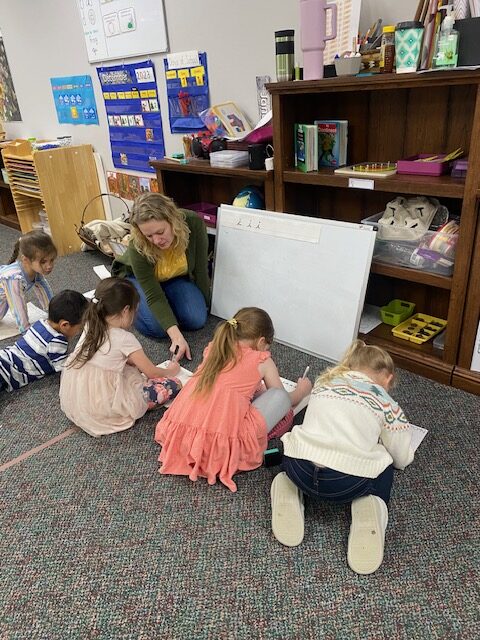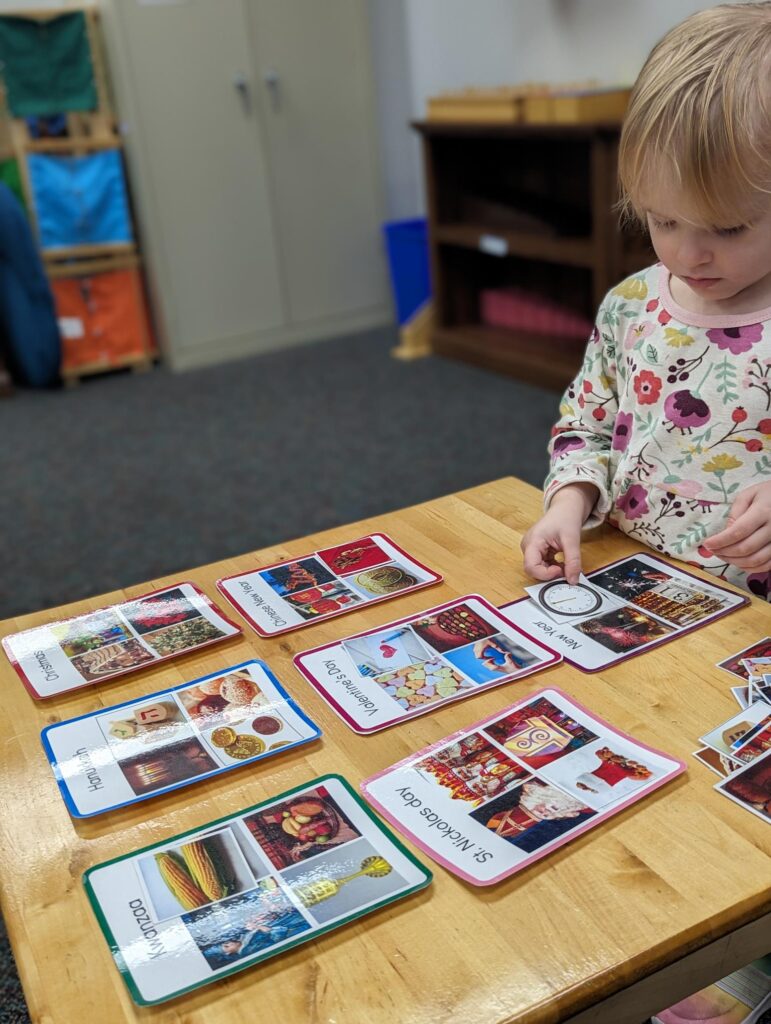The Buckeye Bulletin
Line Time:
Skeletal System- (Last Week)This week we looked at the skeletal system and if we didn’t have a skeleton we would be one messy blob on the ground (insert a flagellant sound). We learned the skull protects our brain, the rib cage protects our lungs, and the spine keeps us sitting and standing straight. We learned technical terms for our arms, leg and our digits which is a funny name called phalanges. We brought our life sized foam puzzle into our room. His name is Elvis because we learned about the pelvis and it was a cool rhyming name.
This week we learned a bit about the internal organs. We started with the brain which is like the computer of the body. It tells our body how fast to breathe and how fast our heart should beat. We discovered the lungs help us breathe and puts oxygen in our blood. Our stomach digests food, the small intestine take nutrients out of our food and large intestine gets the remaining water from indigestible food and creates waste (poop)(that word produced laughter) or as I referred to a bowel movement. The kidneys process excess water and creates pee (more laughter) or urine. The liver removes toxins from the body. We found out that the largest organ of the human body is the epidermis. The liver is my fave internal organ. What is yours?
Did You Know?:
One in 18 people have a third nipple. Known as polythelia, the third nipple is caused by a mutation in inactive genes. Didn’t Chandler Bing on friends have a third nipple. I dare not post a picture of this.
A Message From Mr. John (I “heart” Grandparents Day):
Cultural Subjects:
Your children can now count to ten in 18 languages (English, Latin, Sign Language, Spanish, German, French, Greek, Japanese, Arabic in the Lebanese Dialect, Italian, Russian, Romanian, Swedish, Tagolog, Hebrew, Hungarian, Korean, Irish).
Know Your Languages (Irish):
The Nature Center:

Grandparents Day:
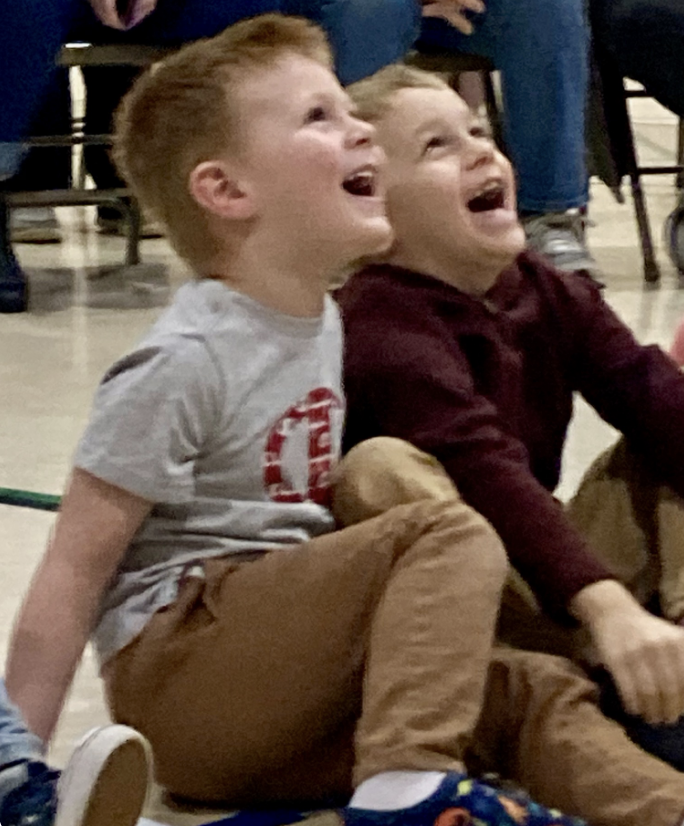
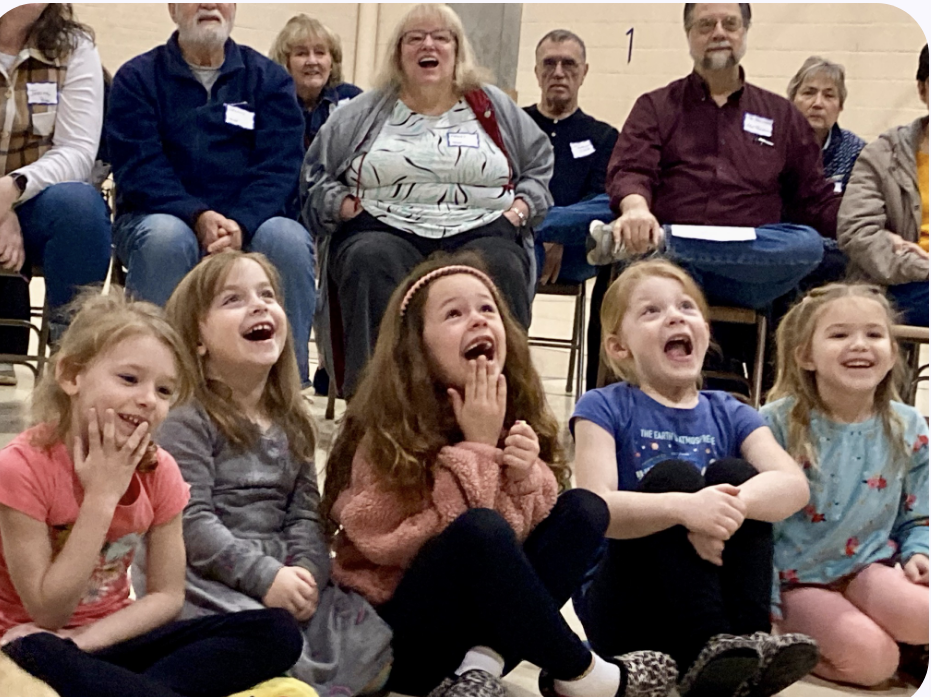
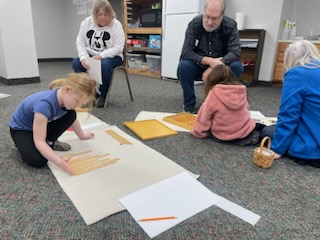
Peek In The Classroom:
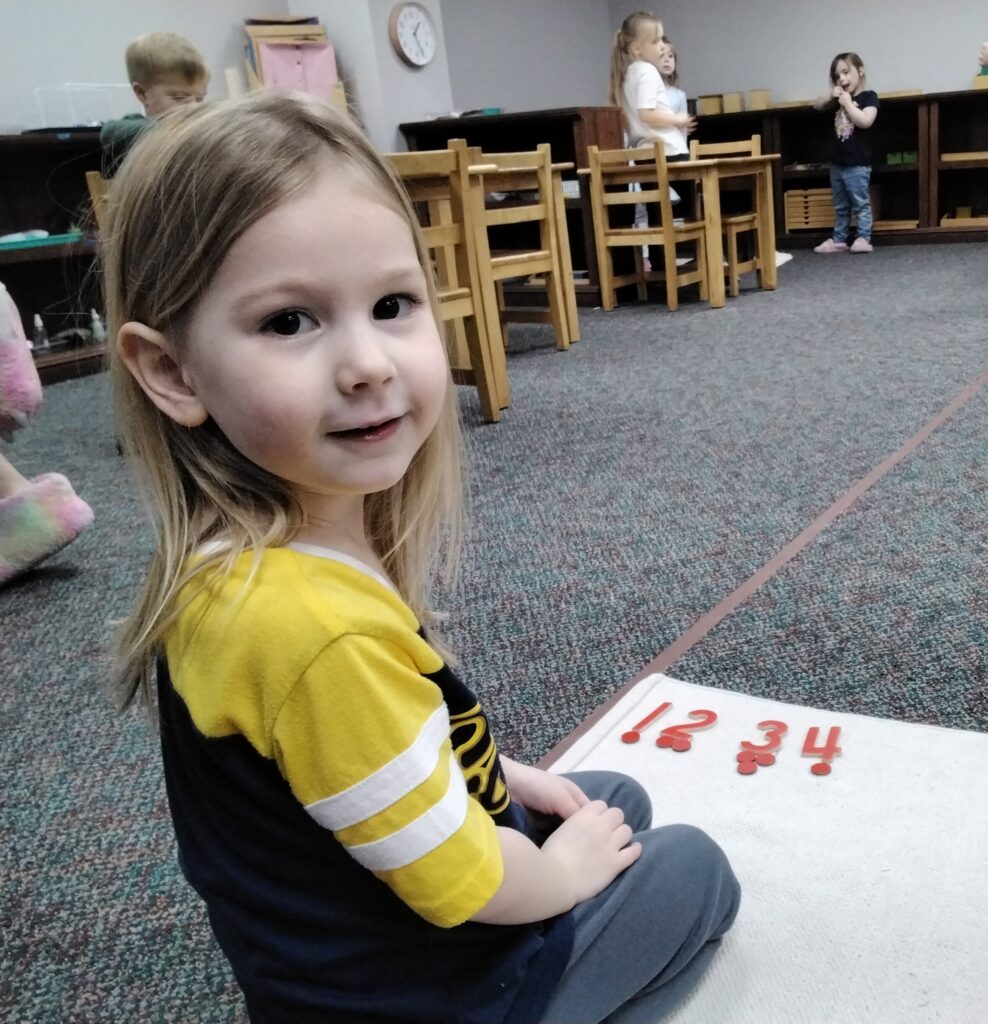
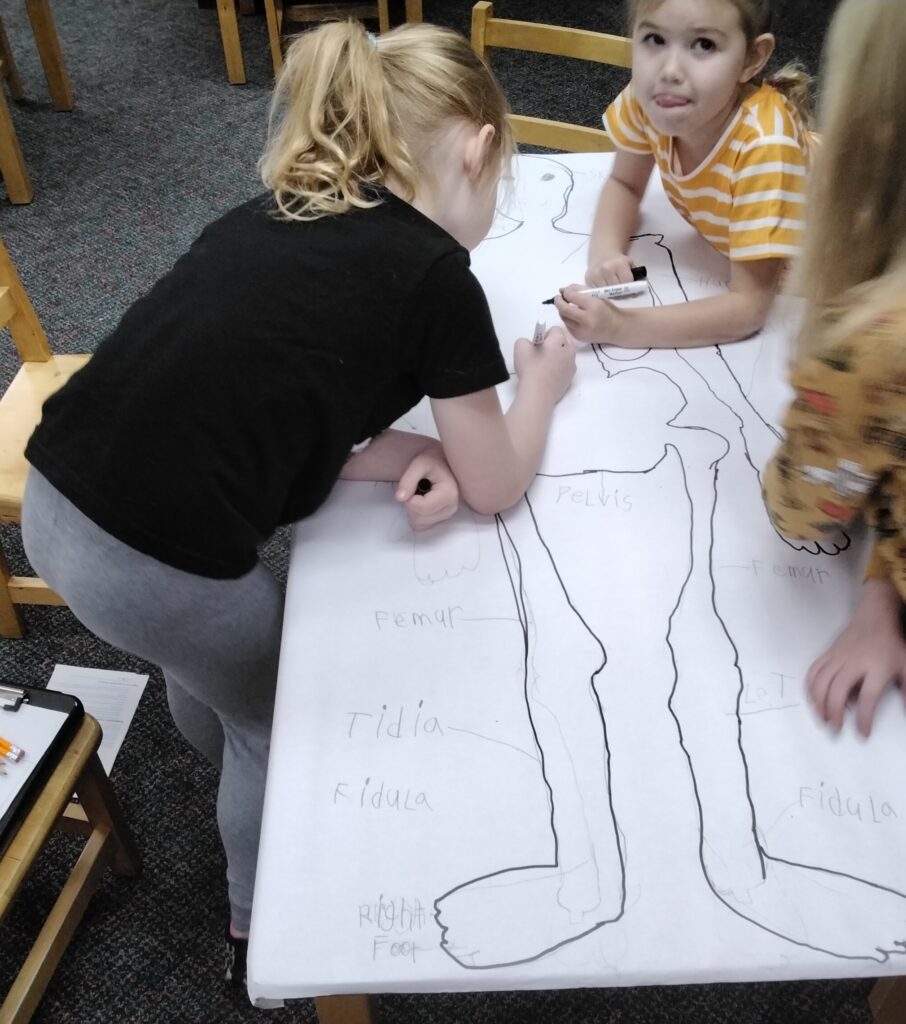
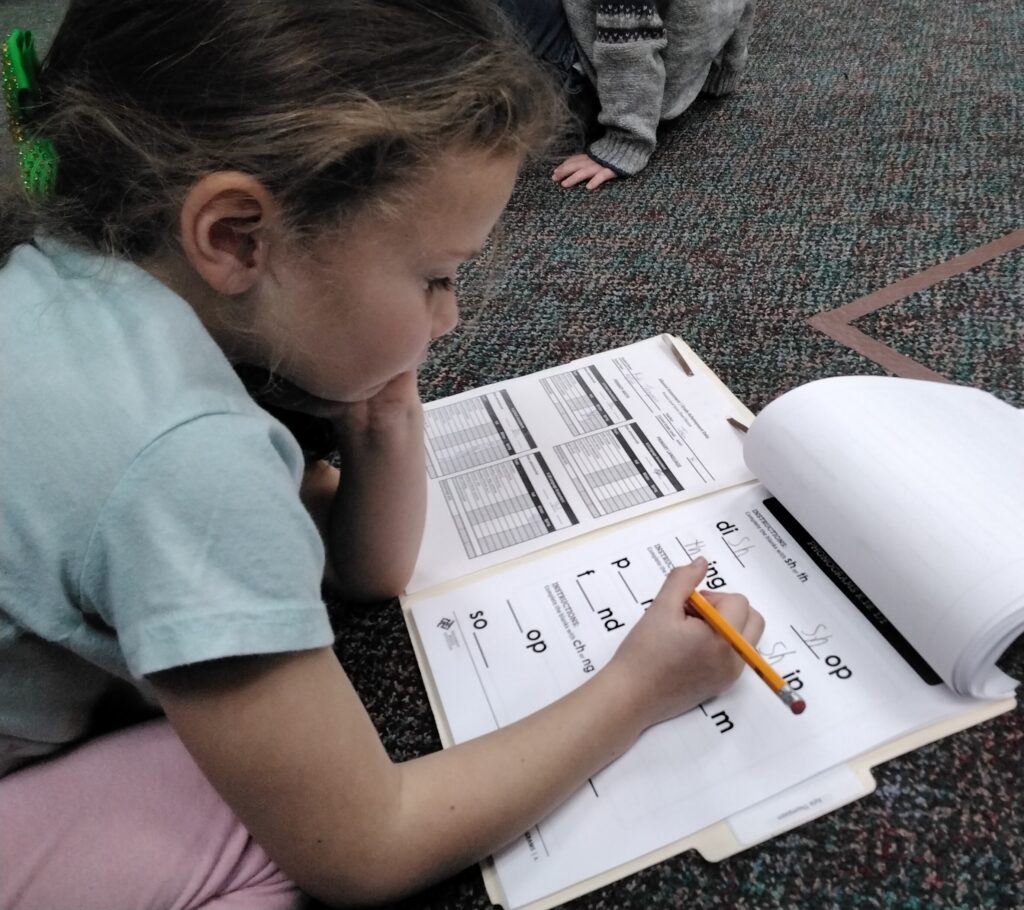
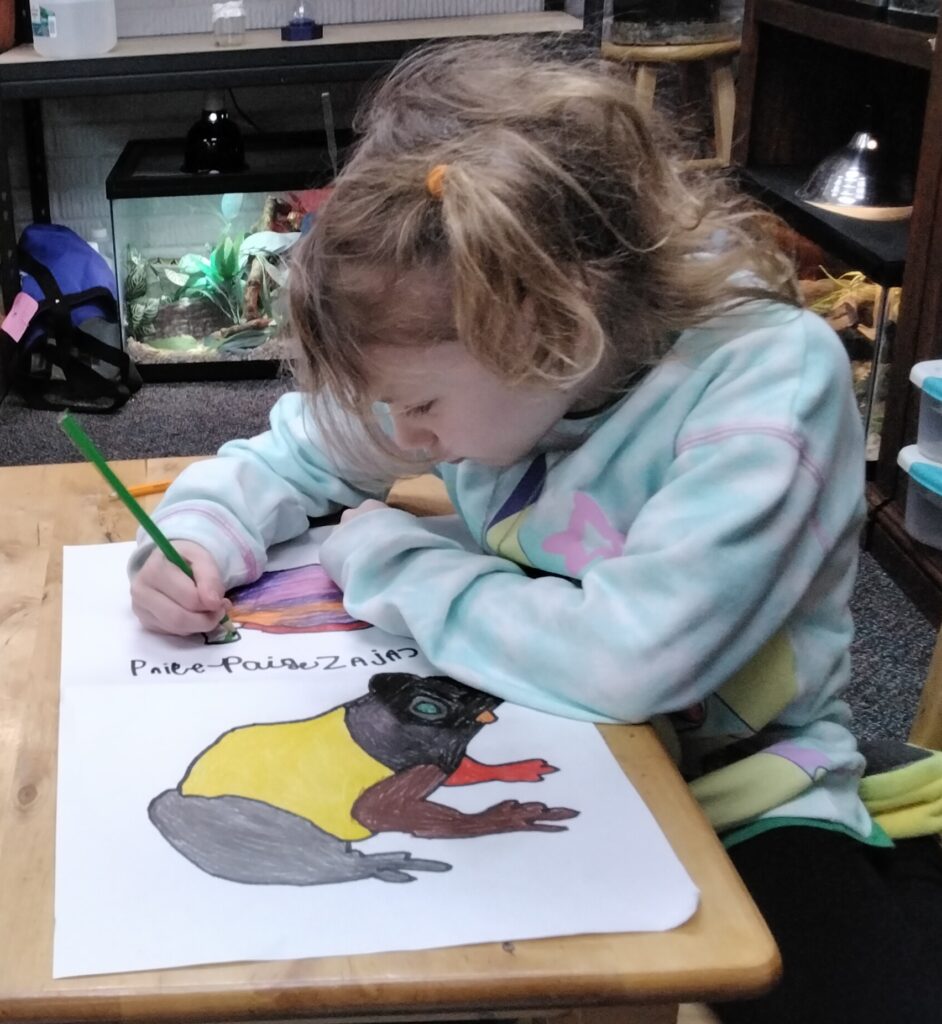
Peek Into Our Week:
Line Time- Internal Organs
Letter Of The Week- R r
Rhyming Word Of The Week- but
Language Irish
Academic Enrichment aka Kindergarten:
Weekly Themes:
Cultural. Telling Time (to the hour)
Math.. Using a Ruler
Language.. Adverbs
Geometry.. Geometric Shapes II, Geo Cards
Next Week:
Weekly Themes:
Cultural. Telling Time (half hour)
Math.. Using a Ruler
Language.. Conjunctions
Geometry.. Geometric Shapes II, More Geo Cards
Synonym Of The Week: NICE, kind, pleasant, delightful, good, helpful
Sight Words Of The Week: first than
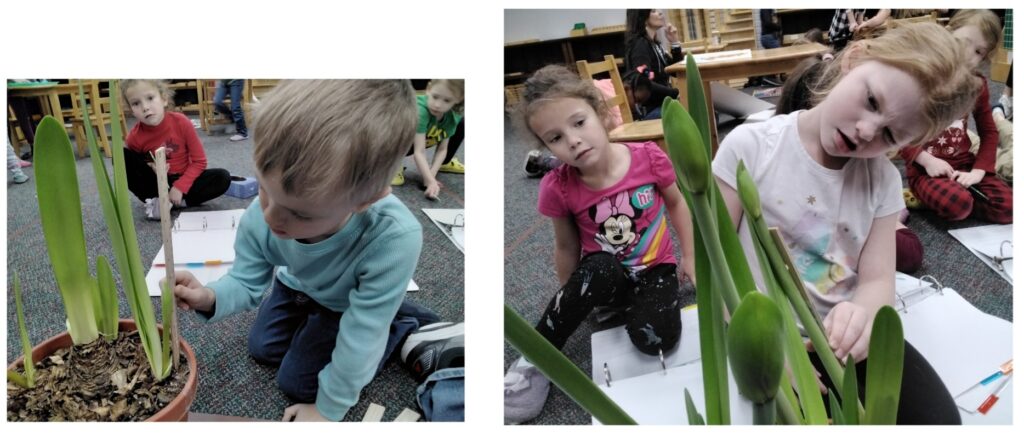
Future Happenings:
–Bring Your Parent To School: Mondays and Wednesdays starting November 20, 2023… follow the link to sign up, https://www.signupgenius.com/go/4090B48A8A92DA6F94-45382628-buckeye#/
Thursday 2/15: Valentines get together
Friday 2/16 : NO SCHOOL Teacher training/In-Service Day
Monday 2/19: NO SCHOOL President’s Day
Friends, Frolic, and Fun:
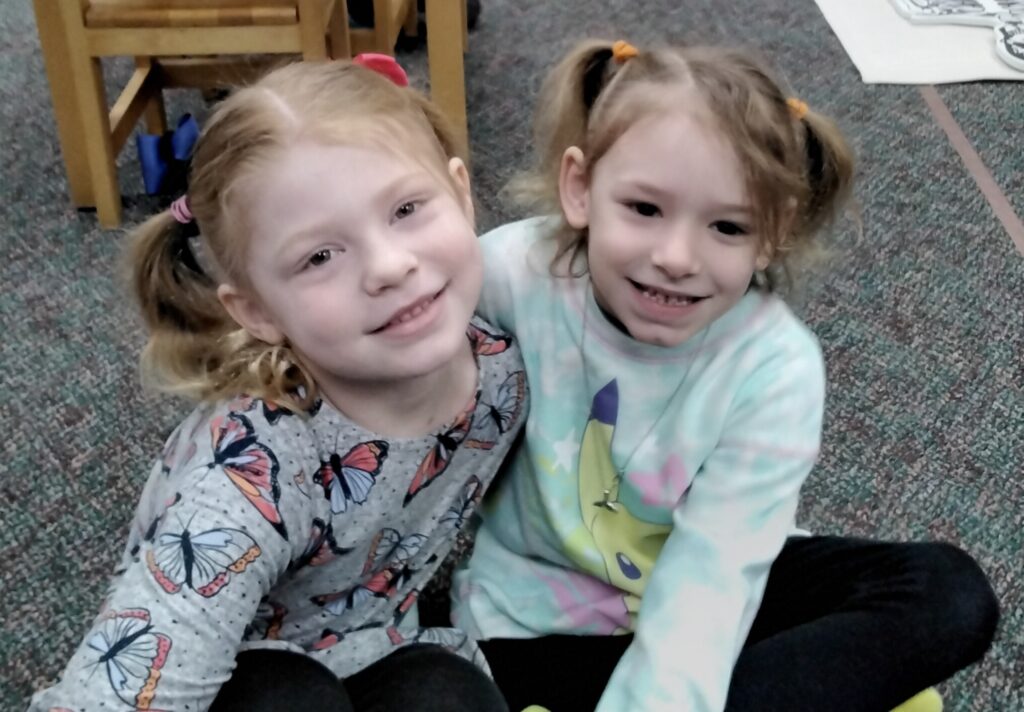
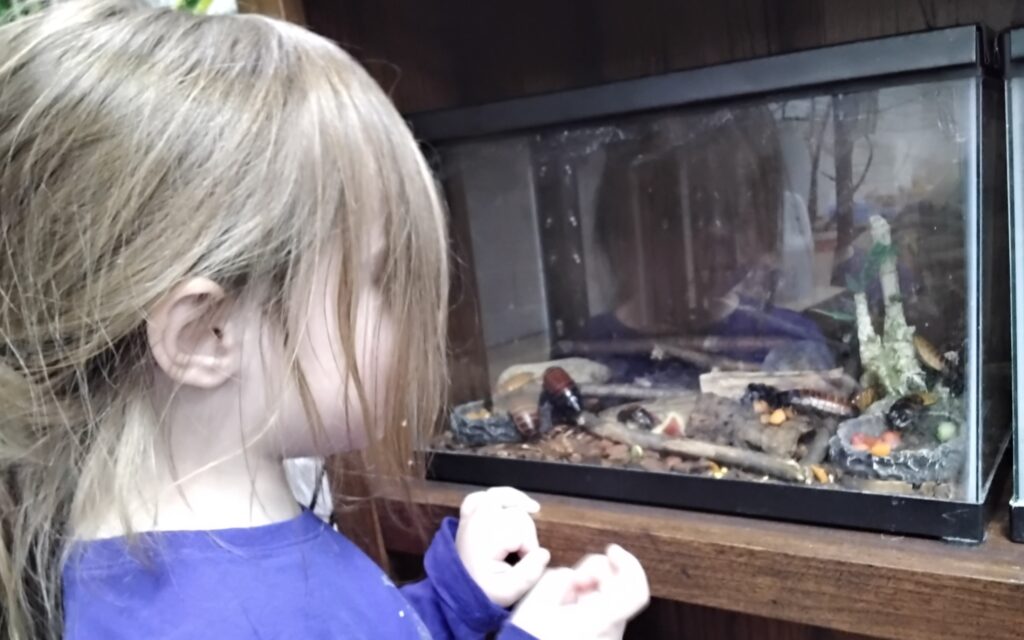

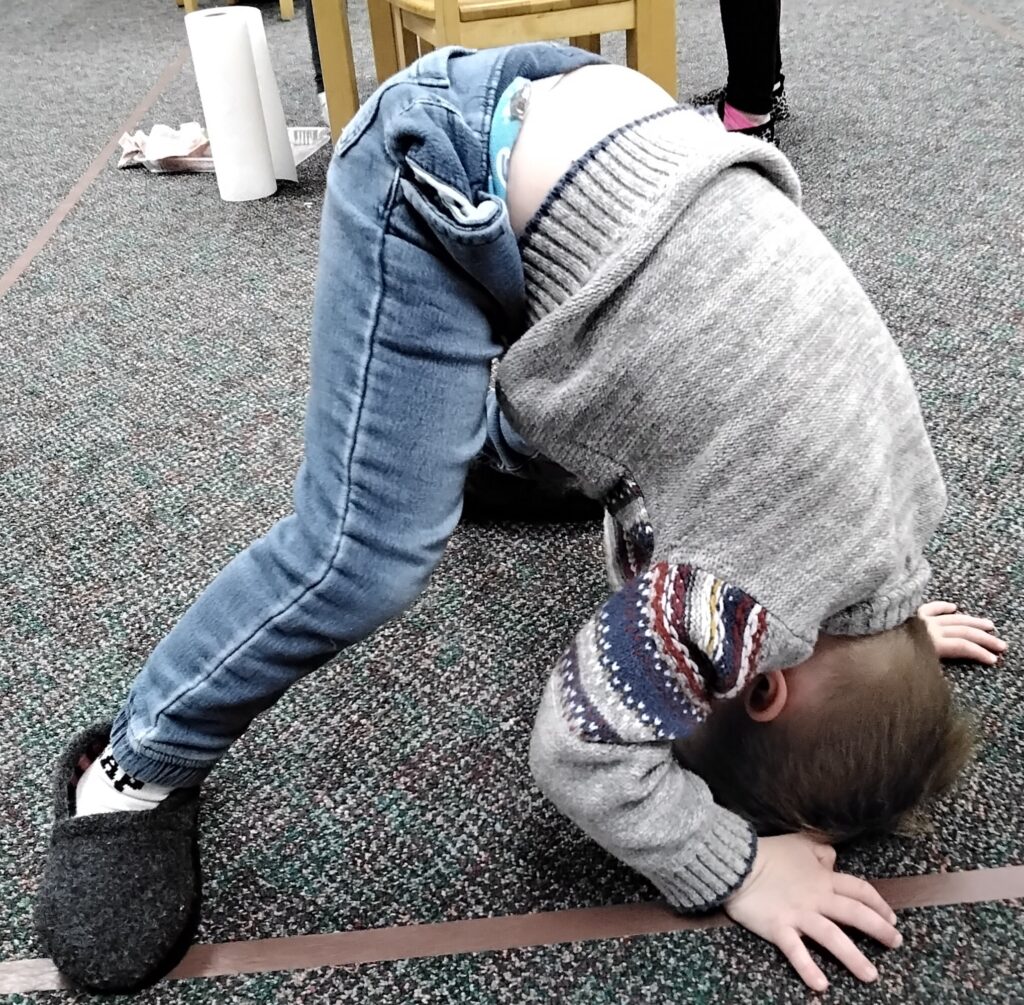
Your Children Say The Darndest Things (Gunna buy a plant):

